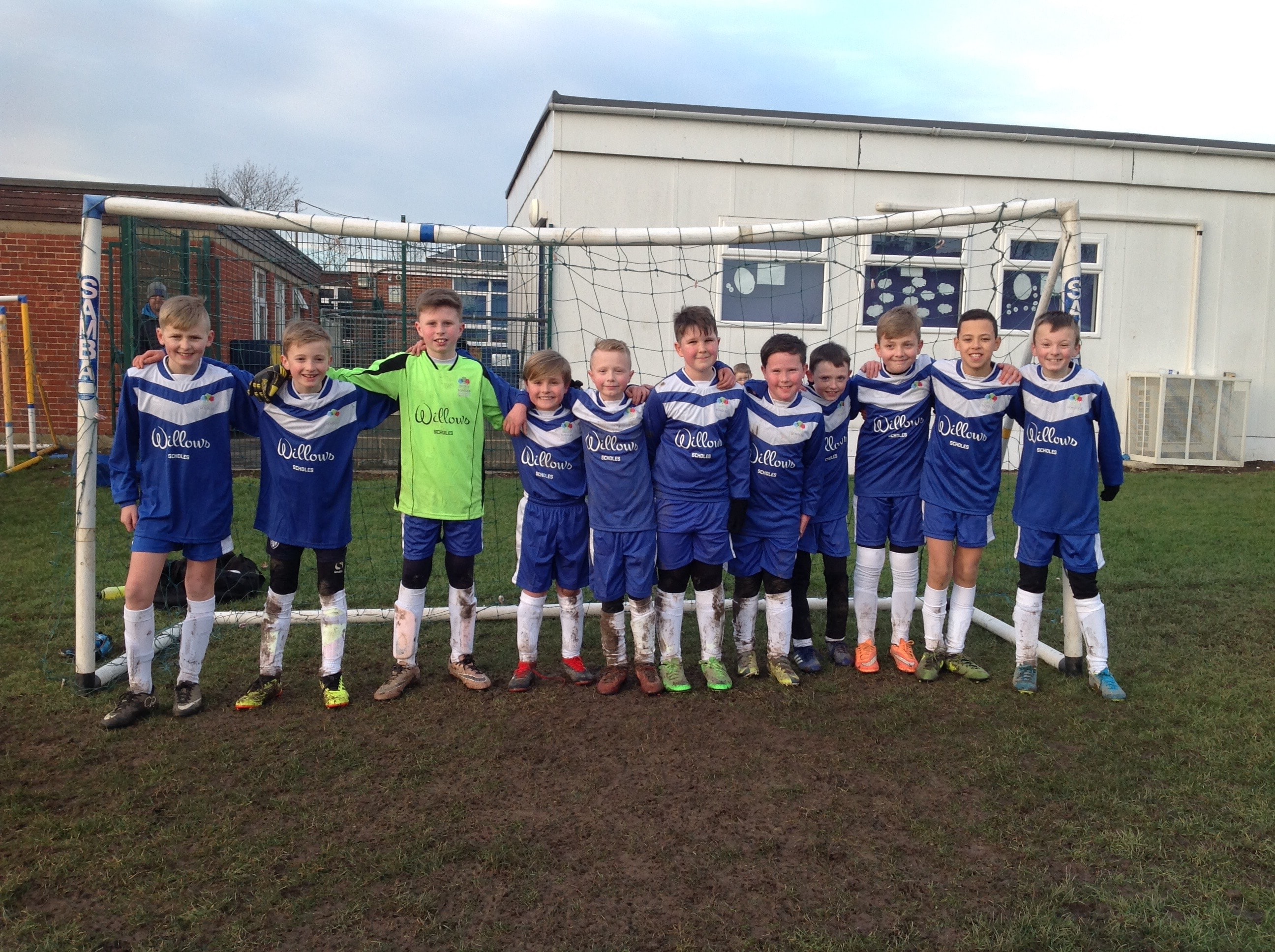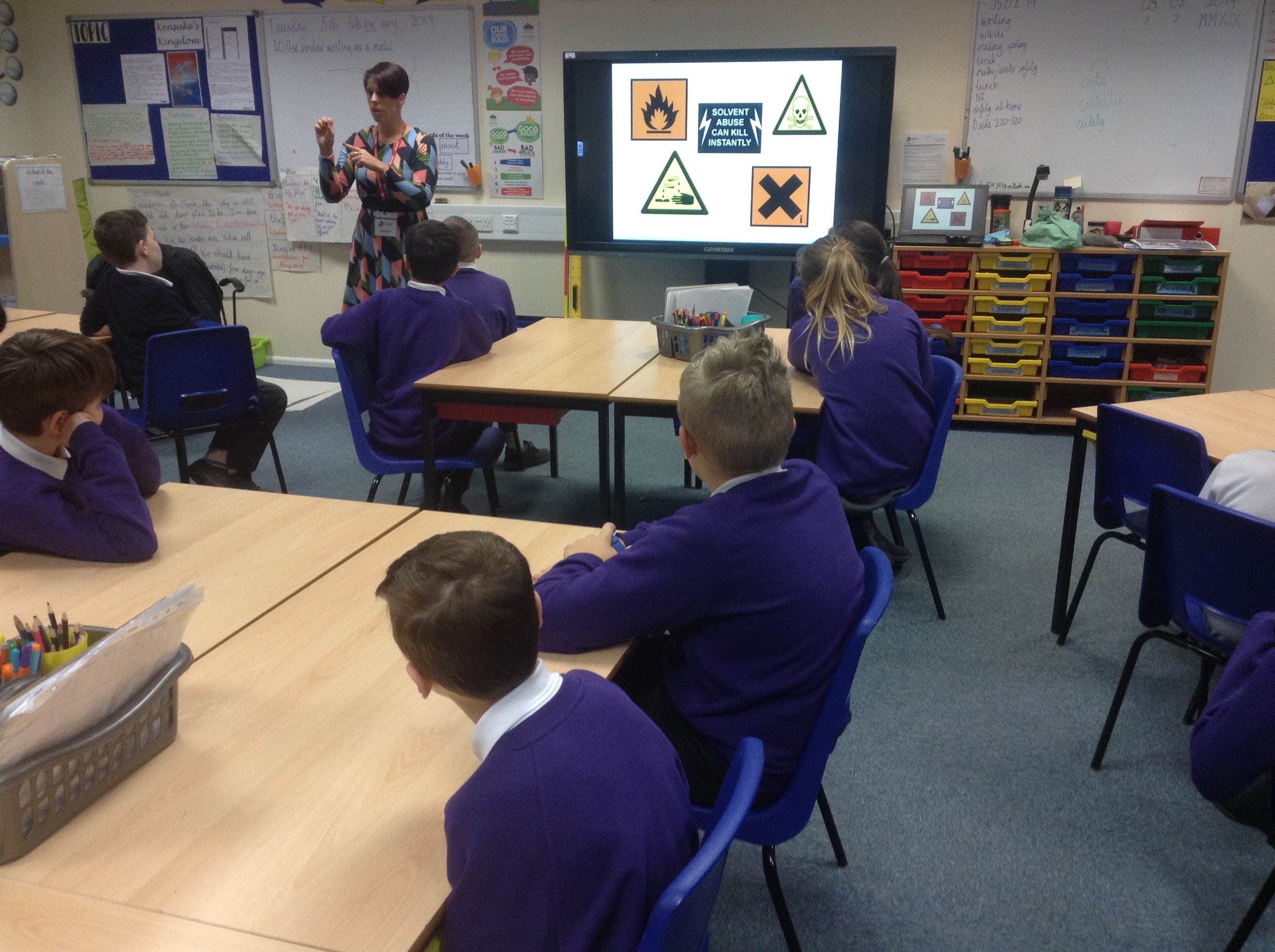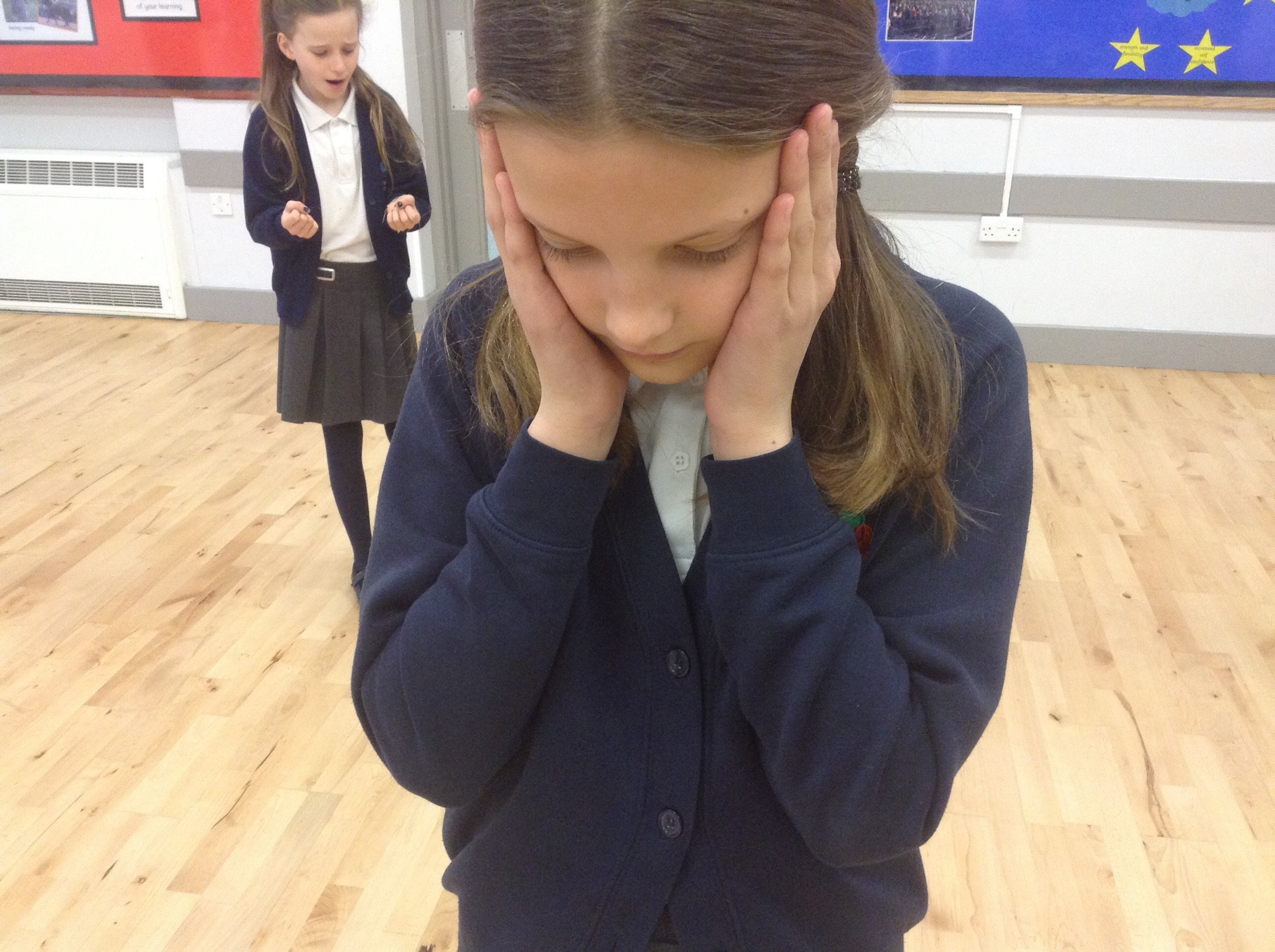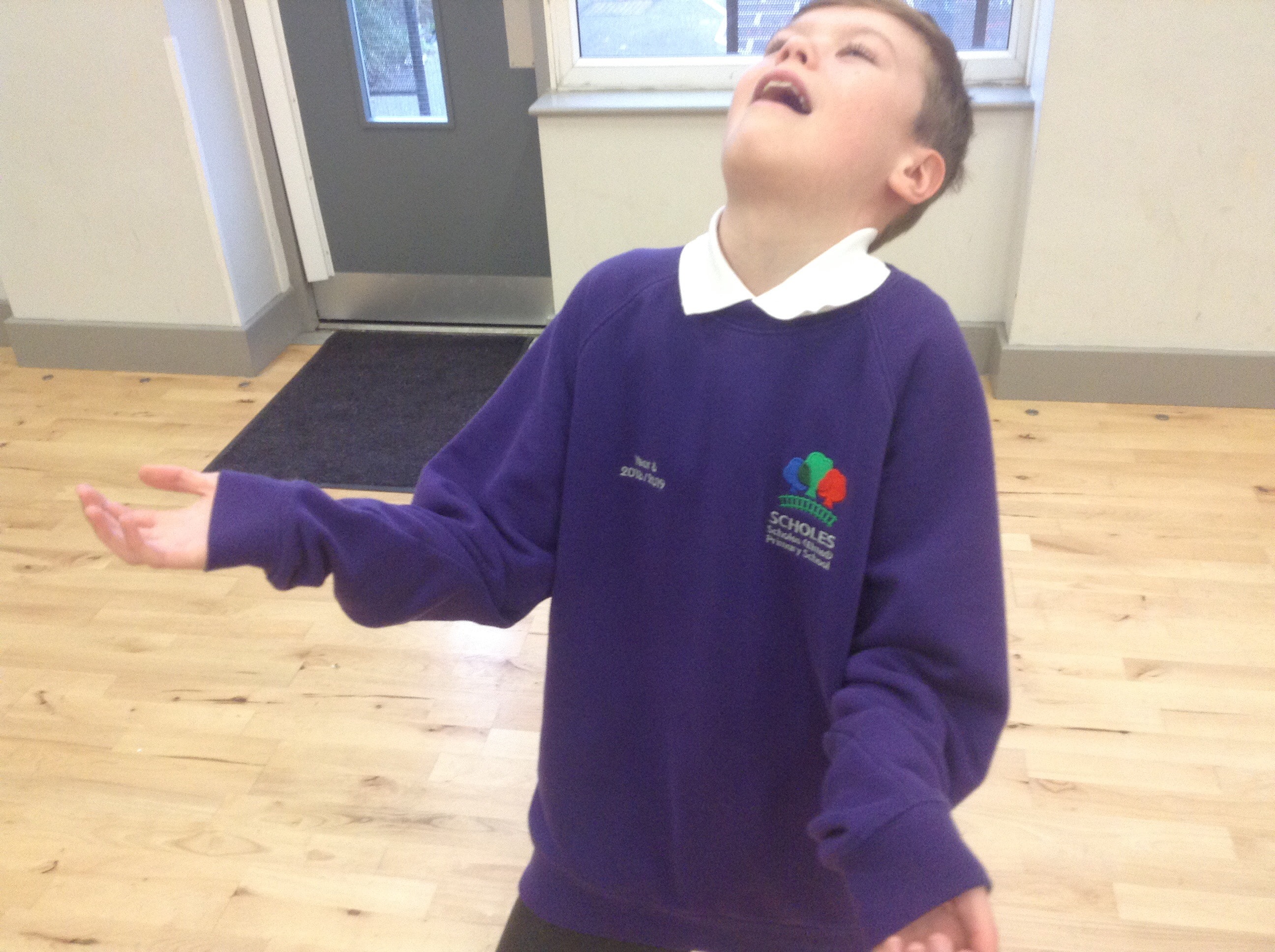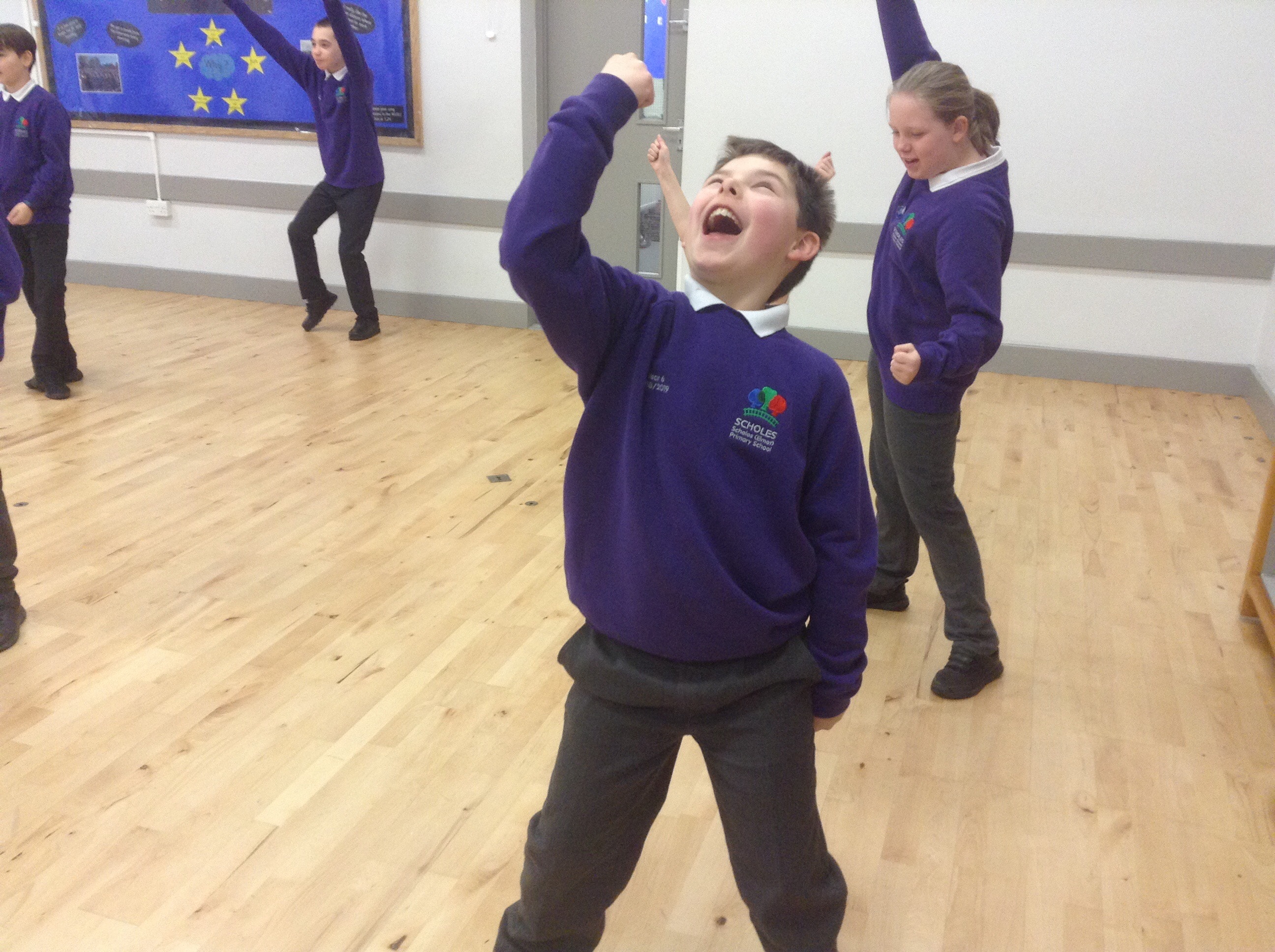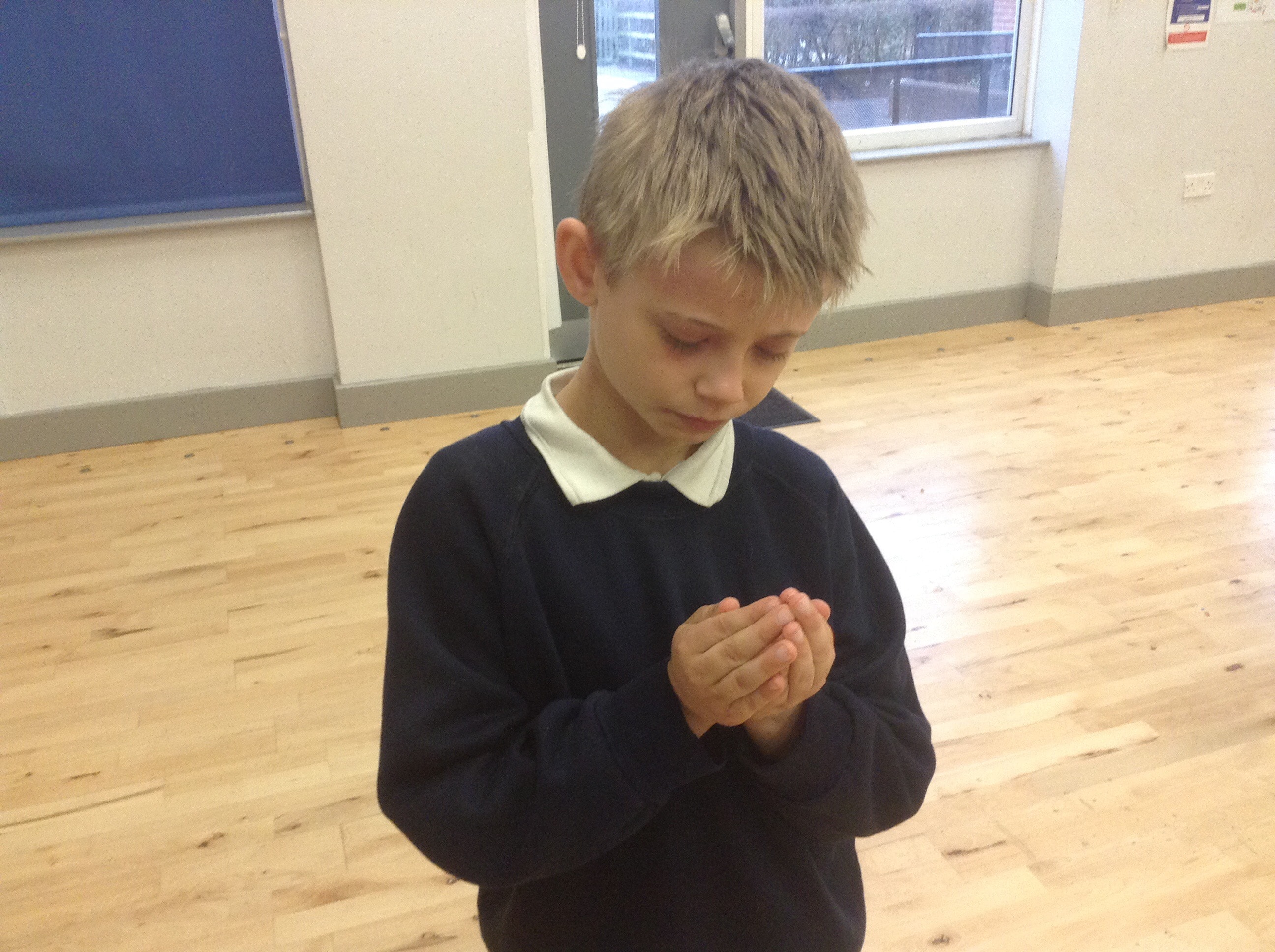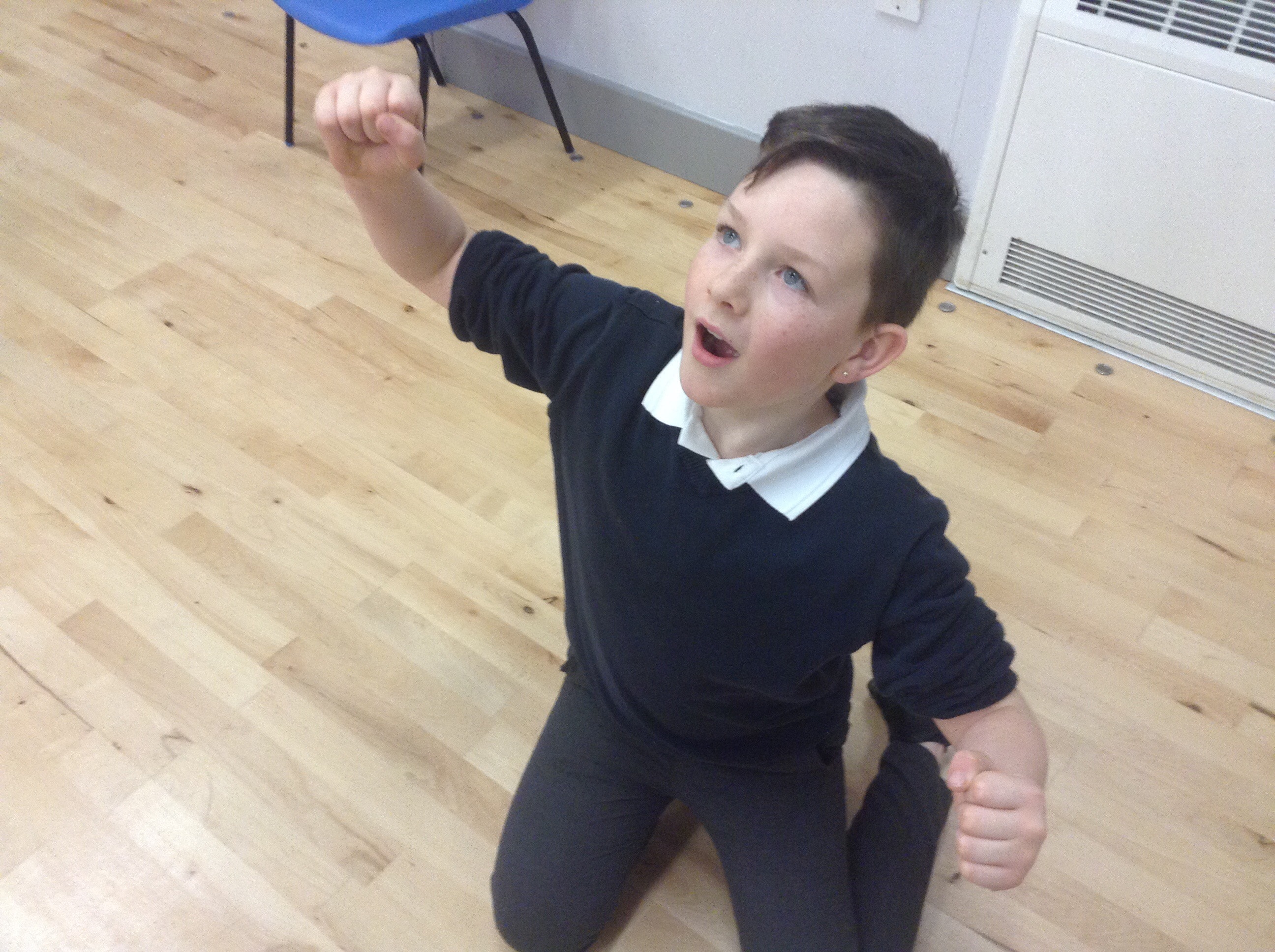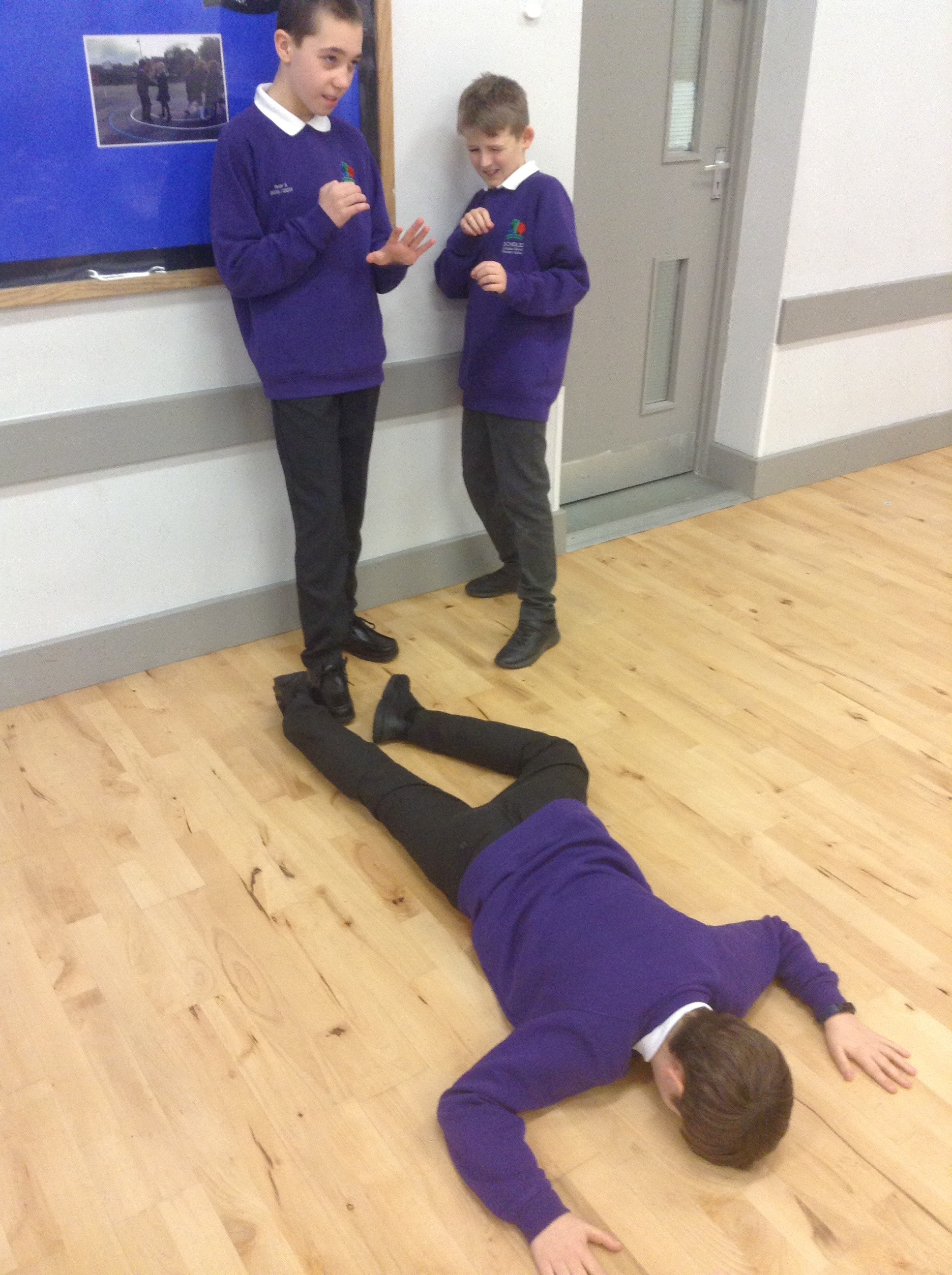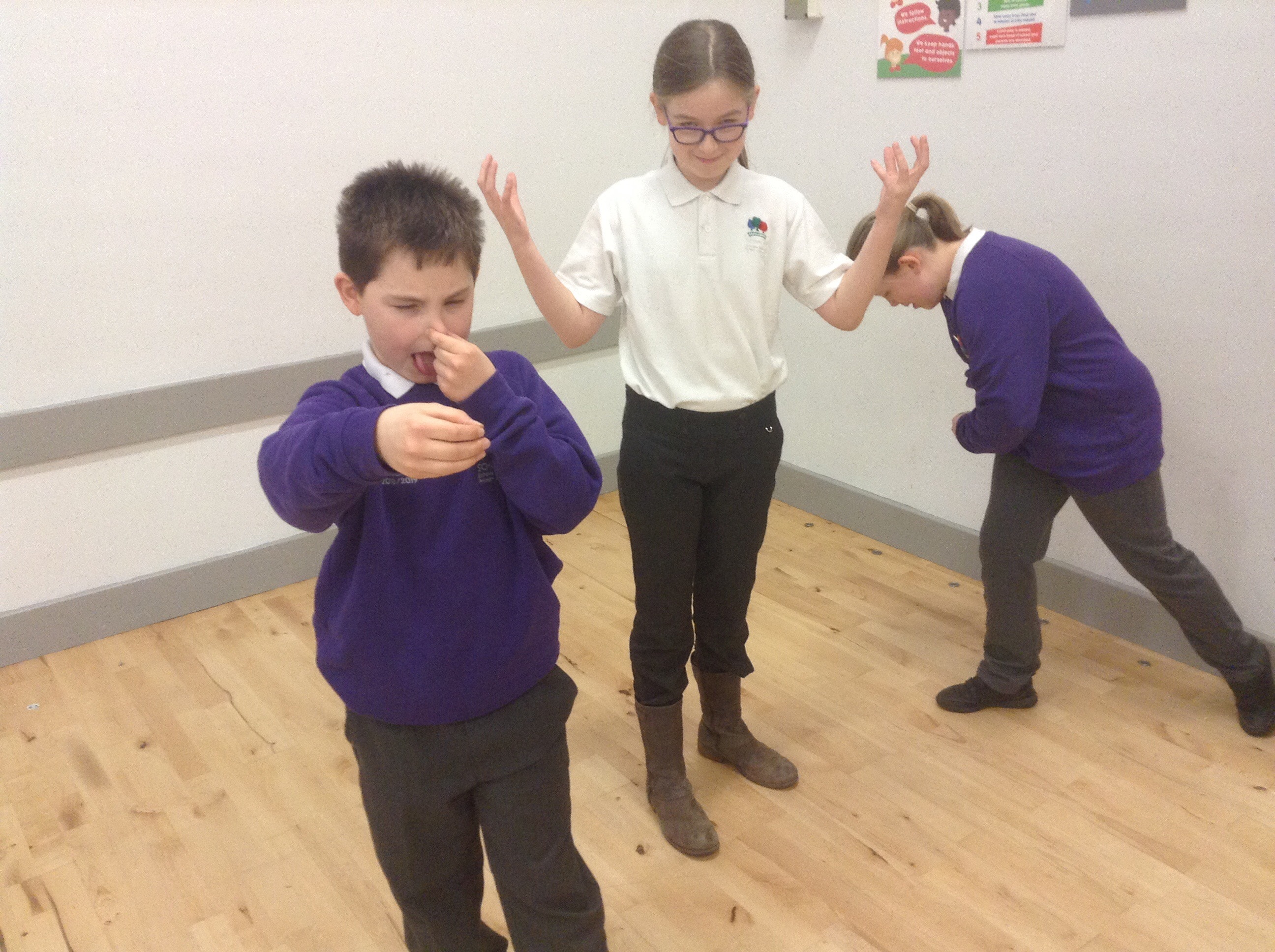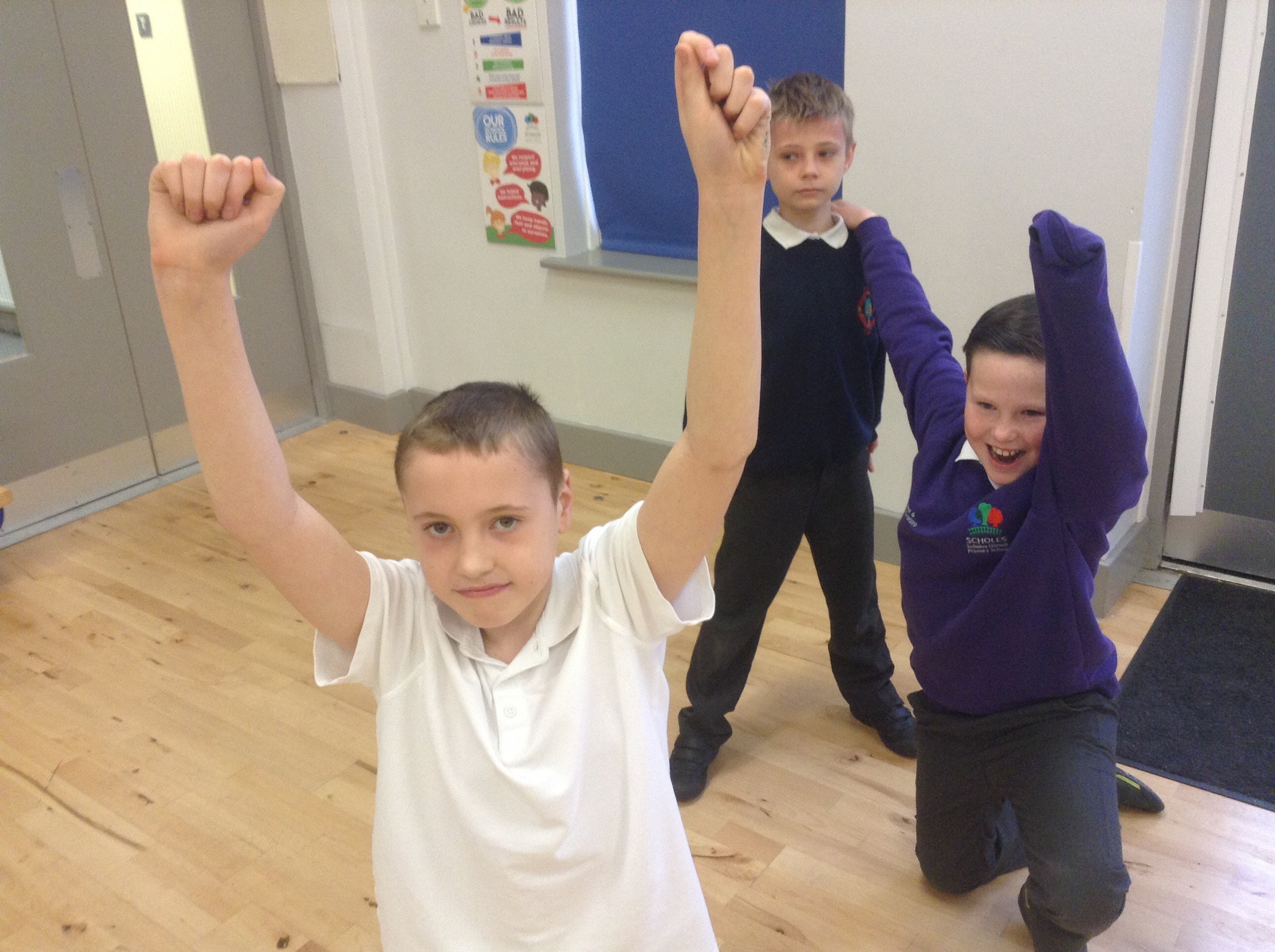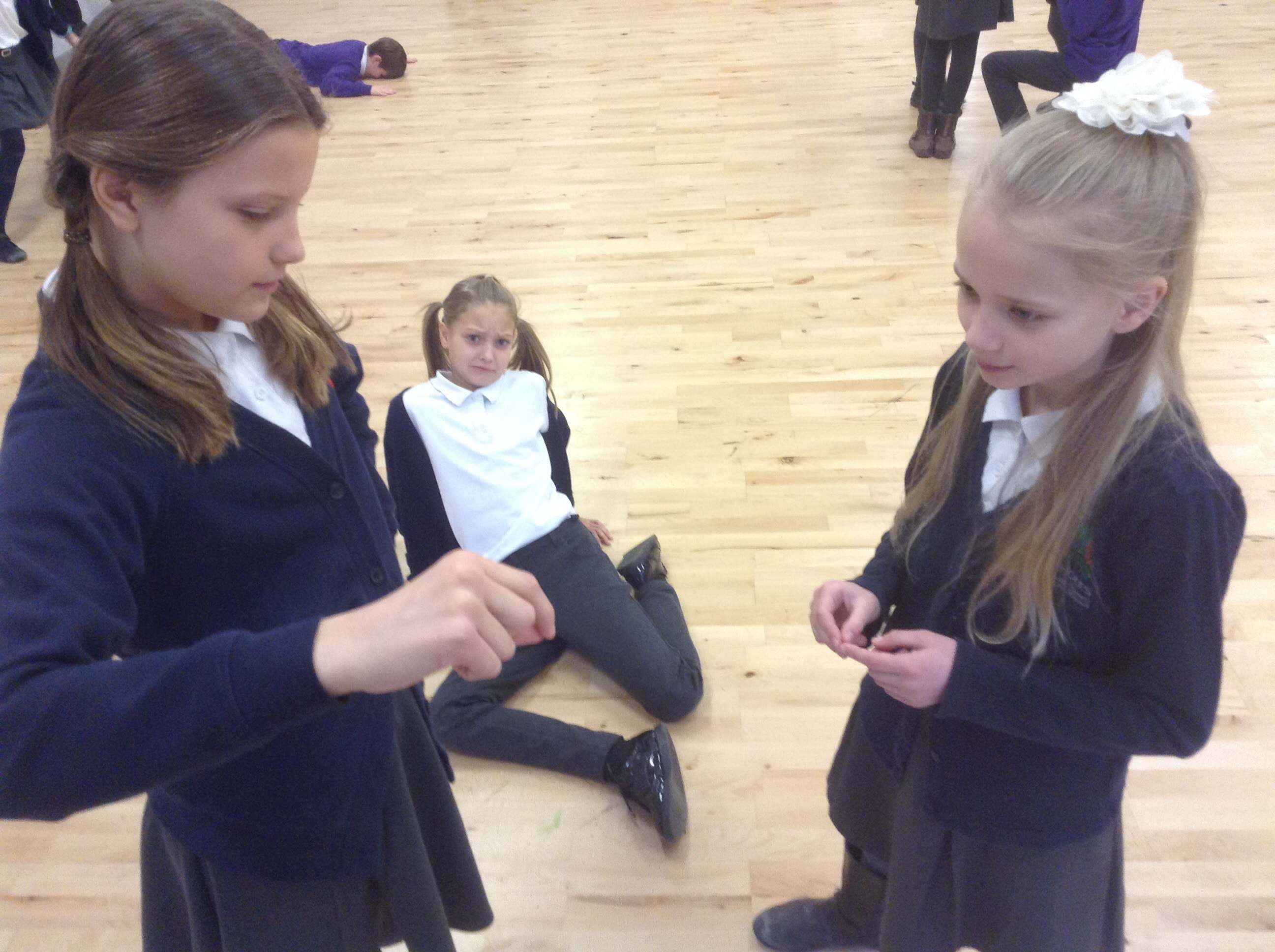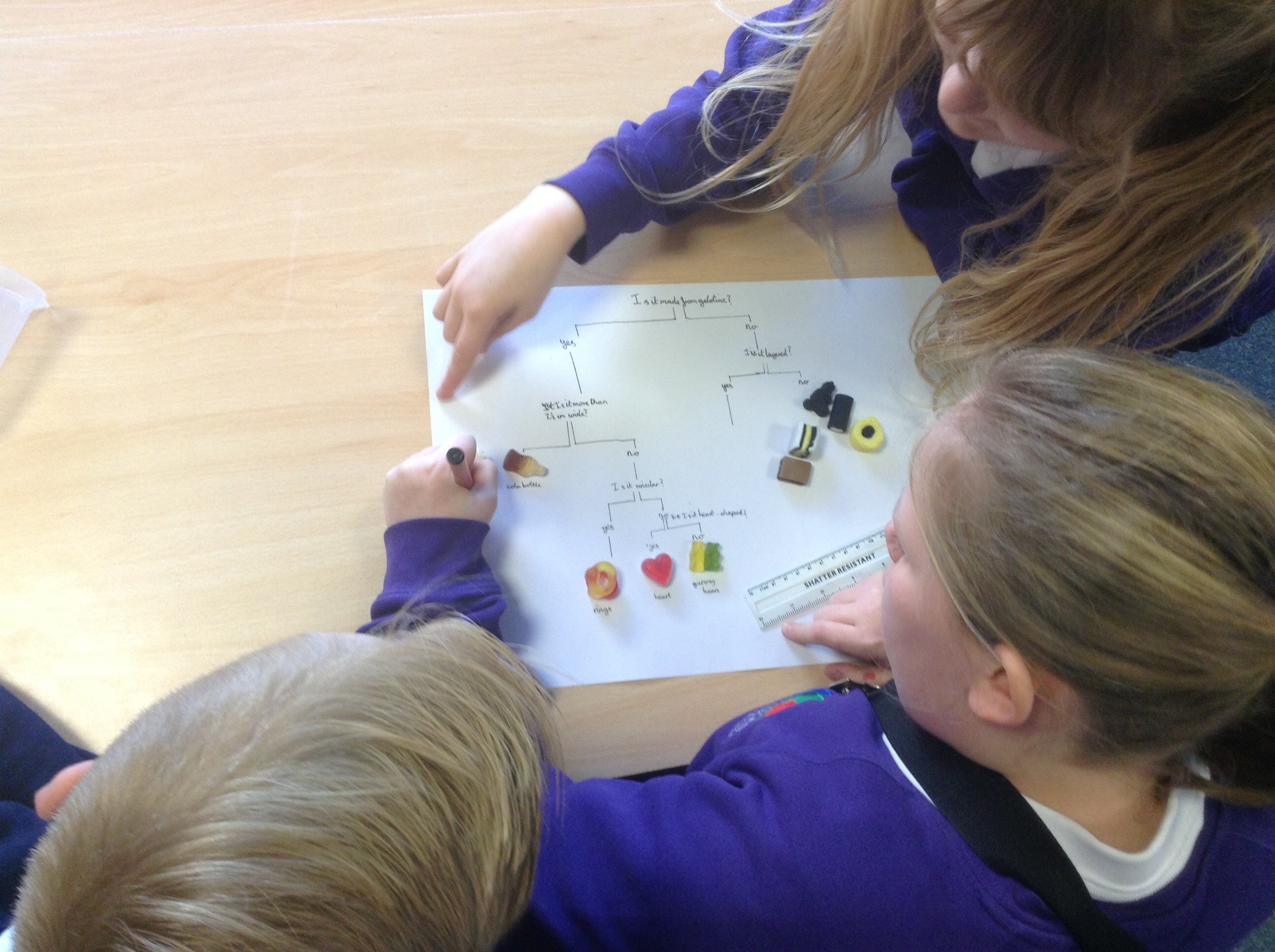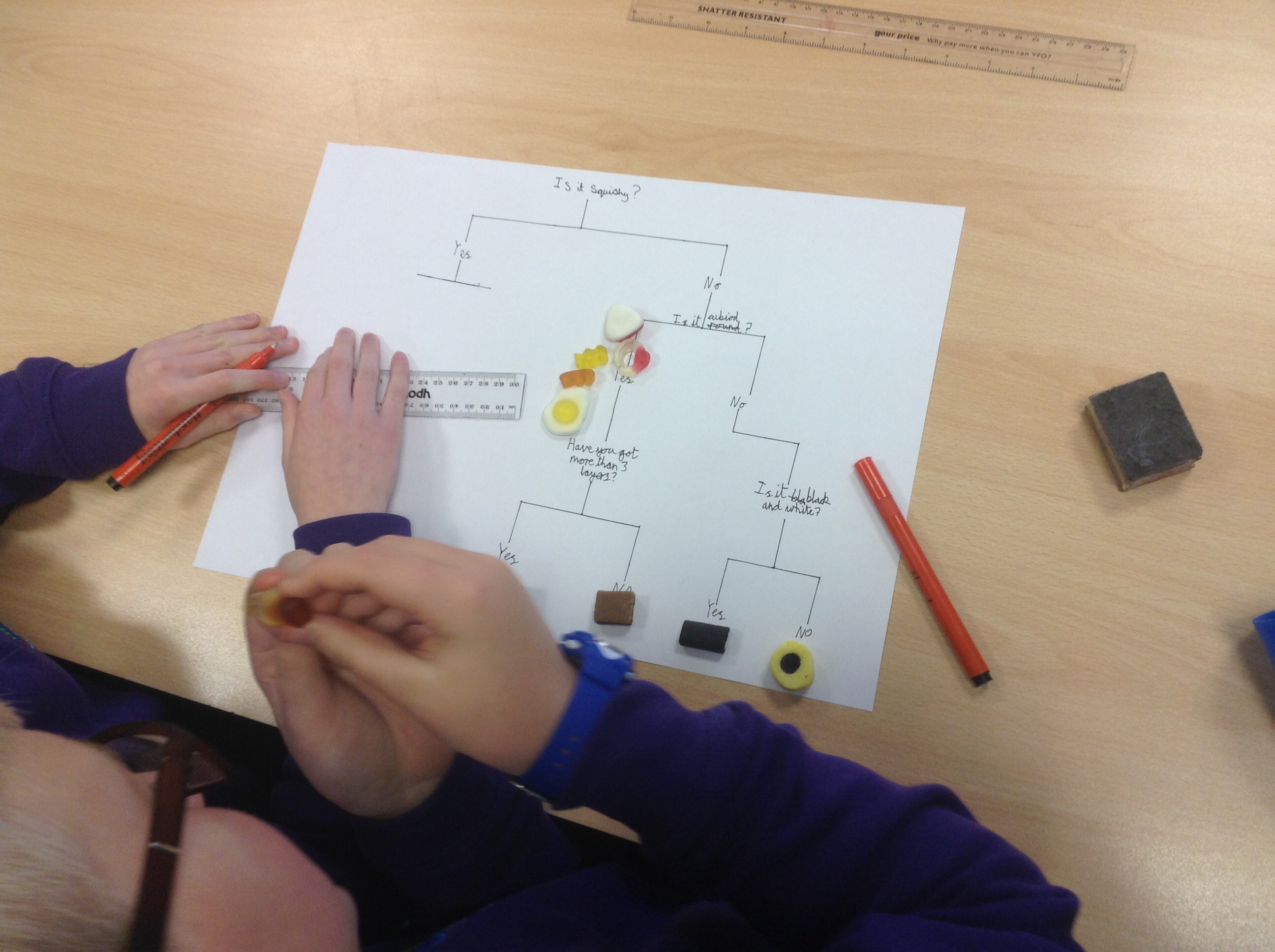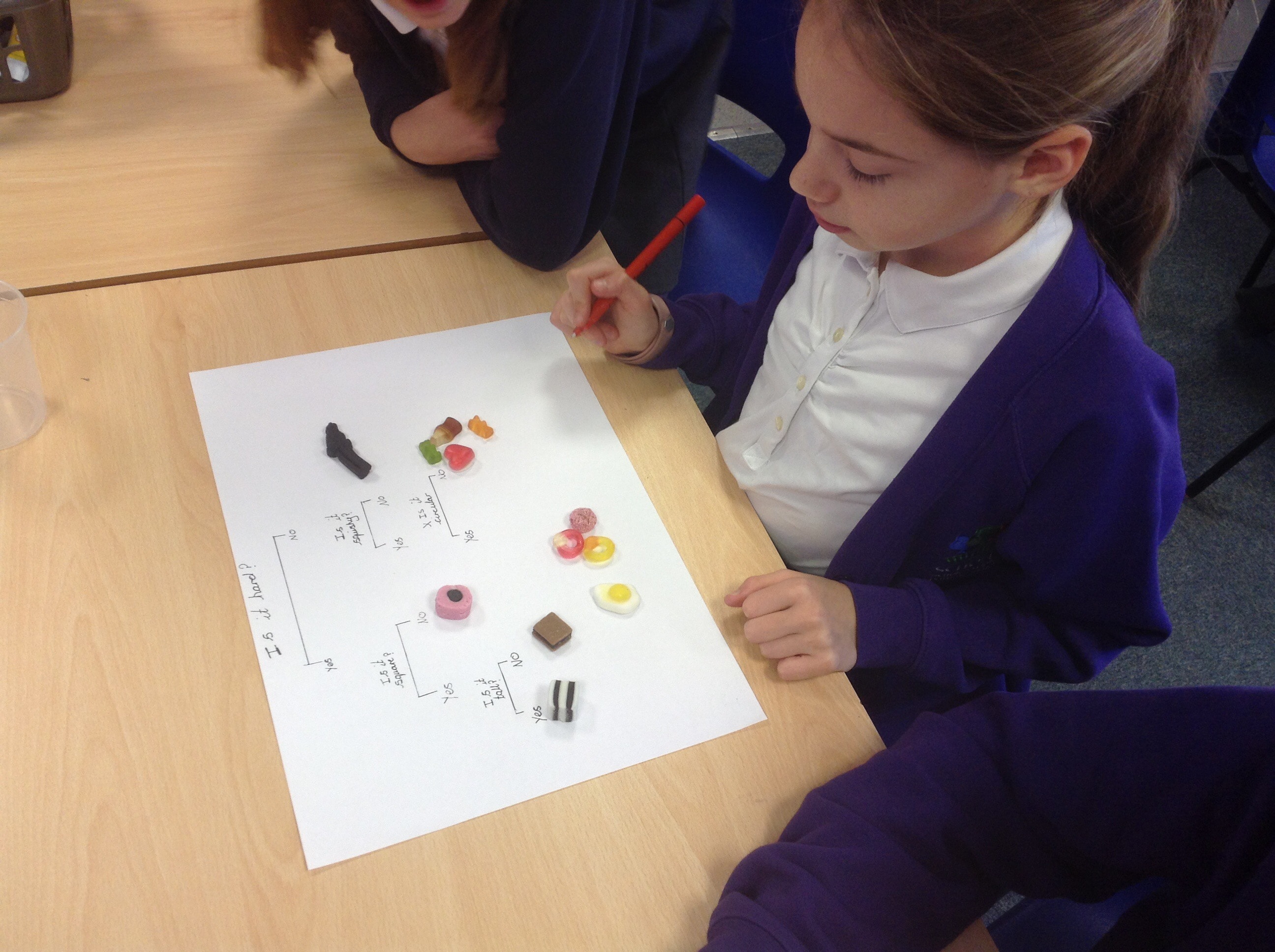Living and learning: D-side workshop
Ruth from D-side worked with year 5/6 today to discuss solvent abuse. Children learned about the different symbols on products. They discussed various scenarios and what to do to avoid substance abuse.
At home, you might like to discuss various products that you buy and why the symbols have been used. How should these products be used safely and what are the risks?
Library
Every Tuesday, we visit our school library during our afternoon session. We enjoy choosing a new book and having a relaxing read.
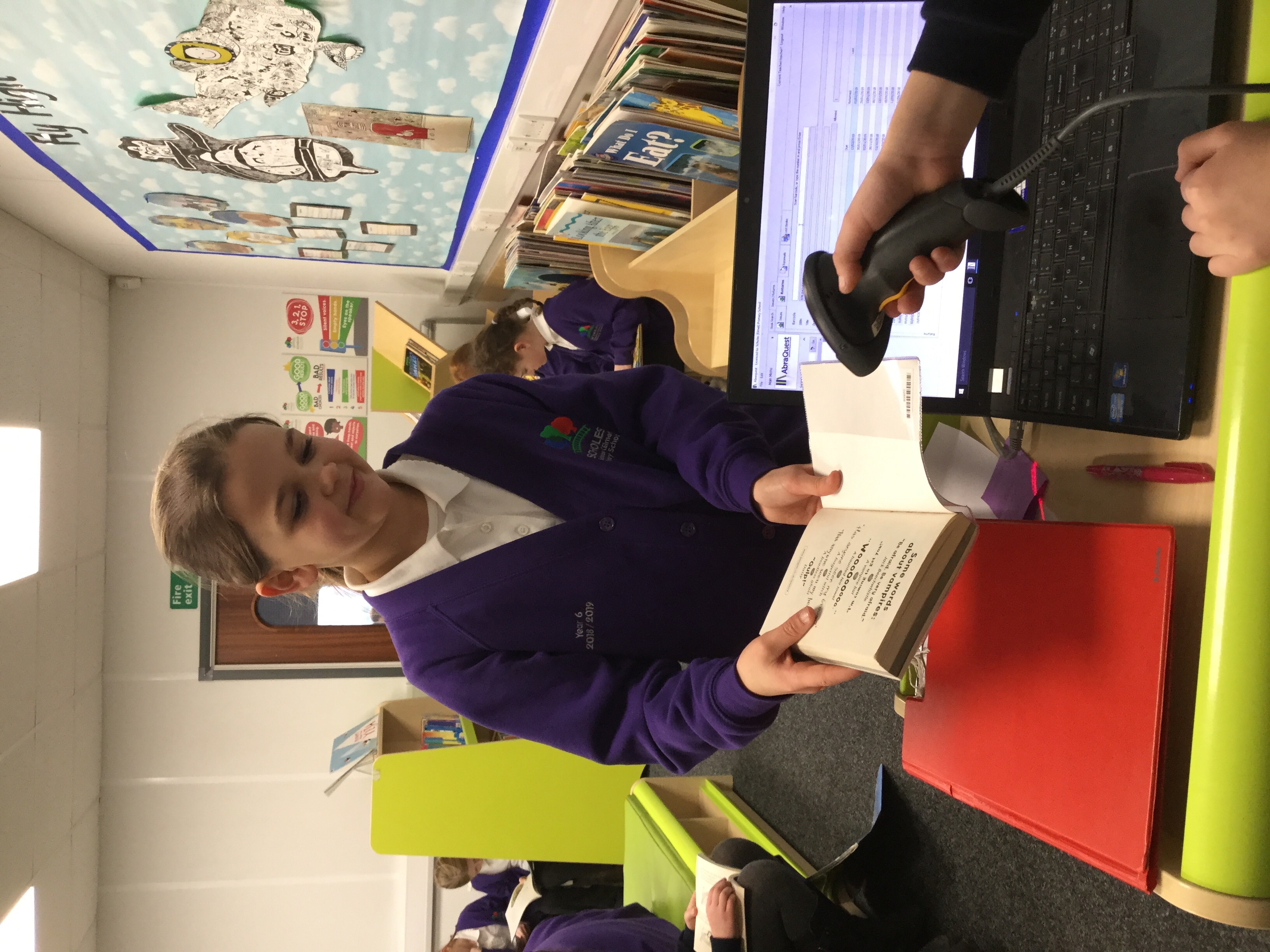
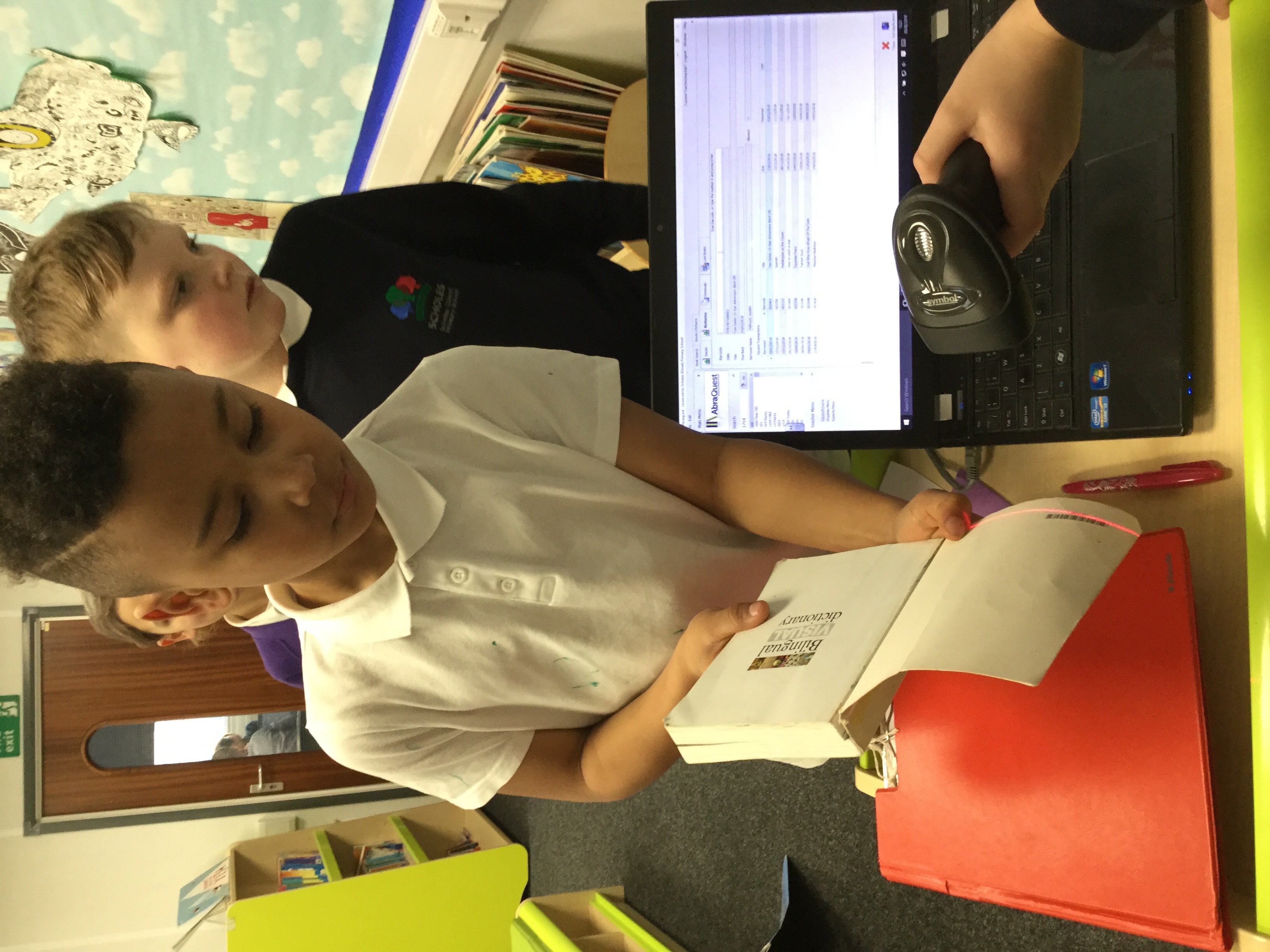
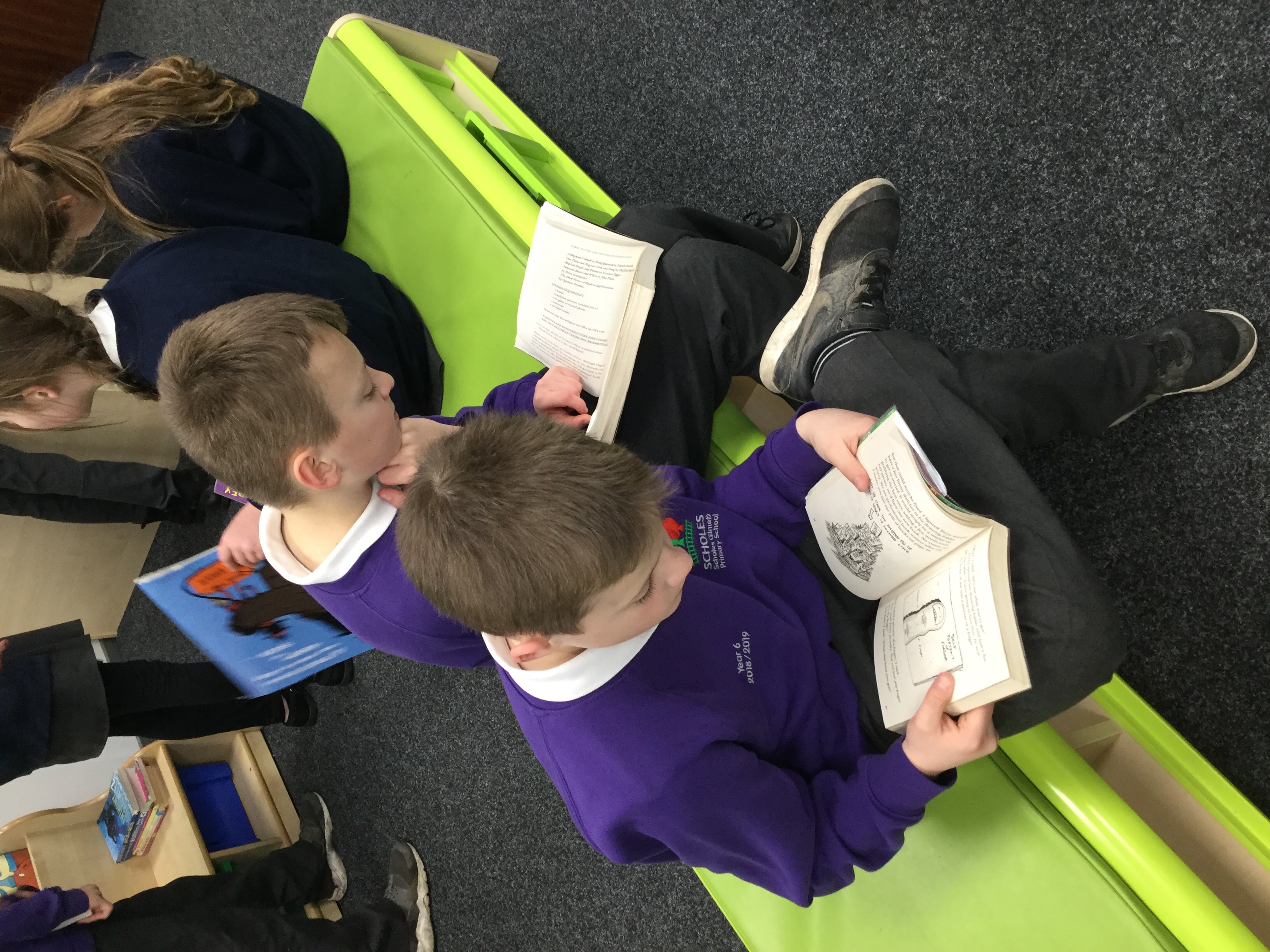
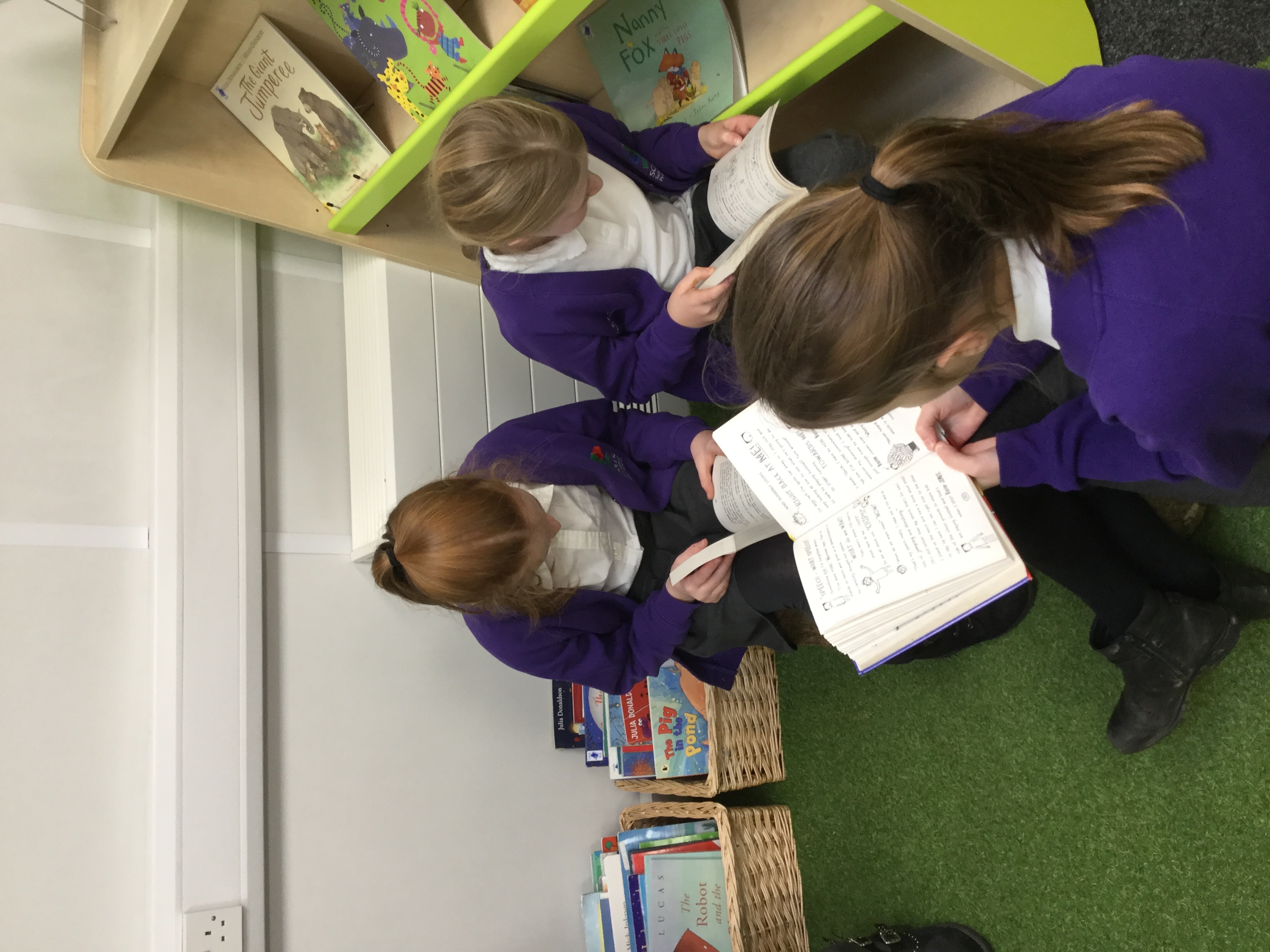
“It’s a nice, colourful place to be”
“It’s got every book you need”
“I like that there’s lots of choice”
“The reading is a great place to relax and there are lots of books”
Each child in school is able to take a book home every week. Help at home by encouraging your child to do so.
Please remember that children in Year 5 and 6 should have their library book in school every Tuesday.
PE – rugby
In PE, we’ve been practising our rugby skills. A key skill in rugby is evasion (ask your child what this means). Today, we devised our own games to help us practise these skills.
Challenge your child be asking them to evaluate the games below using the APES acronym:
Is it active?
Is it purposeful?
Is it enjoyable?
Is it safe?
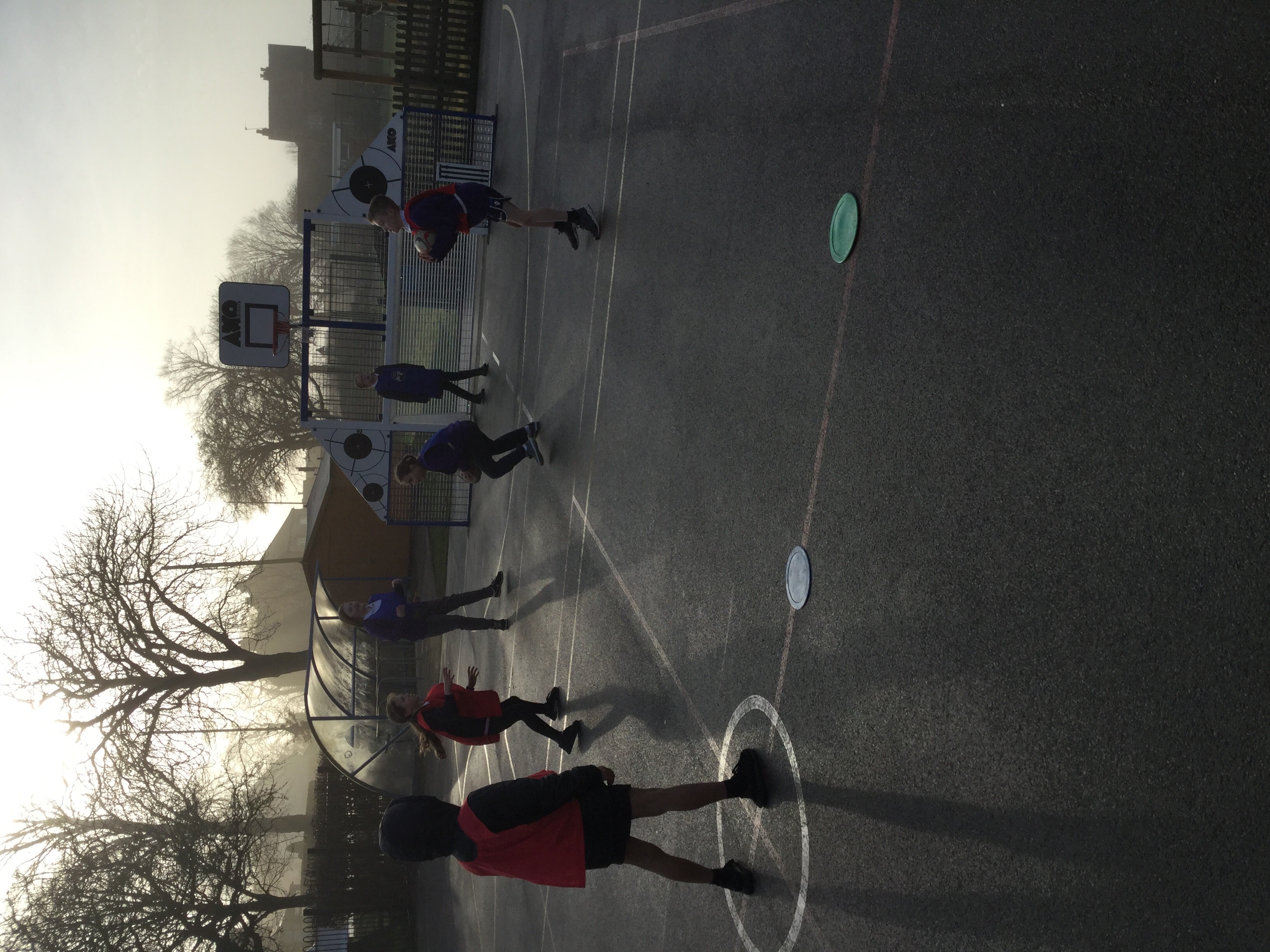
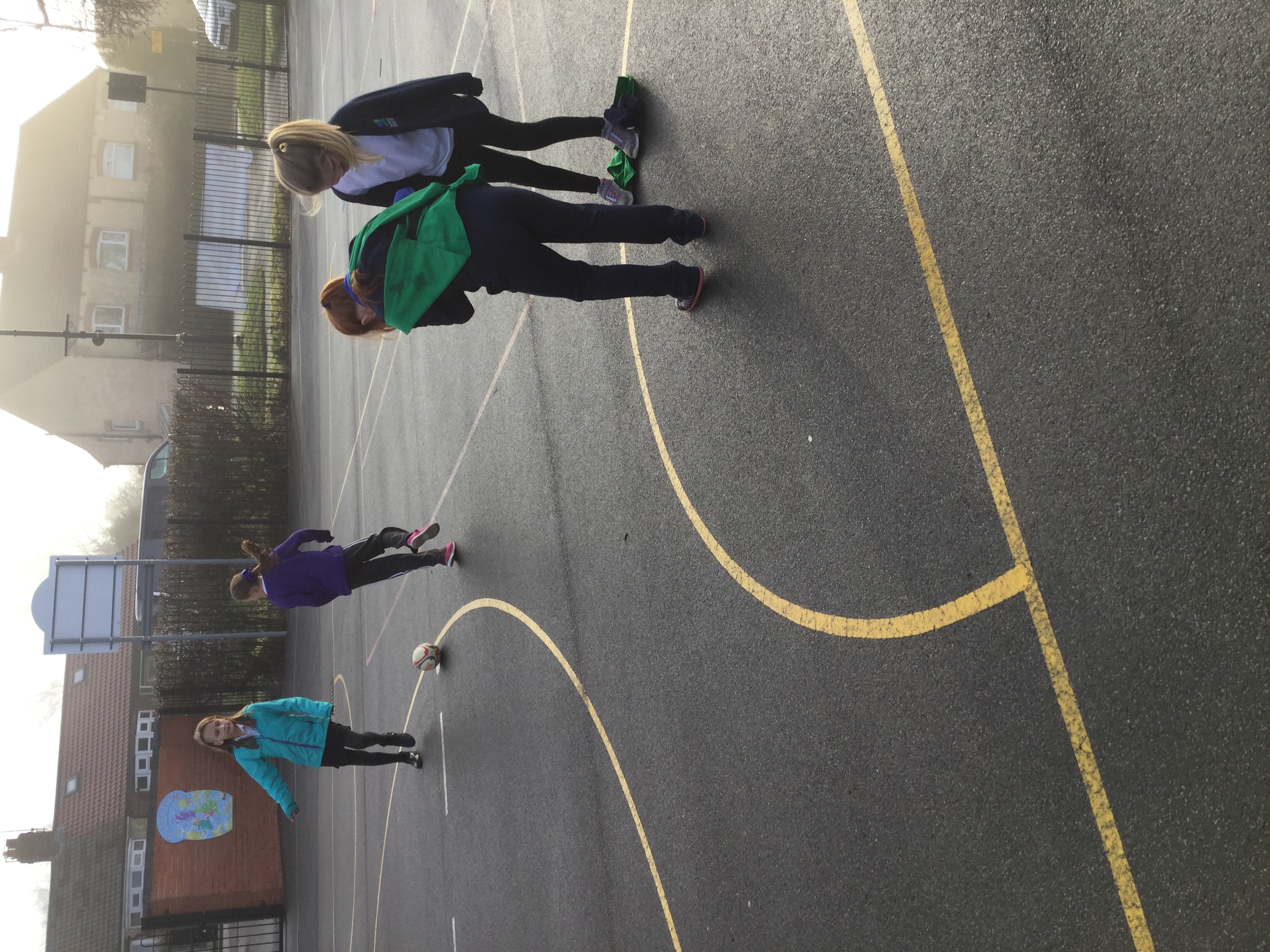

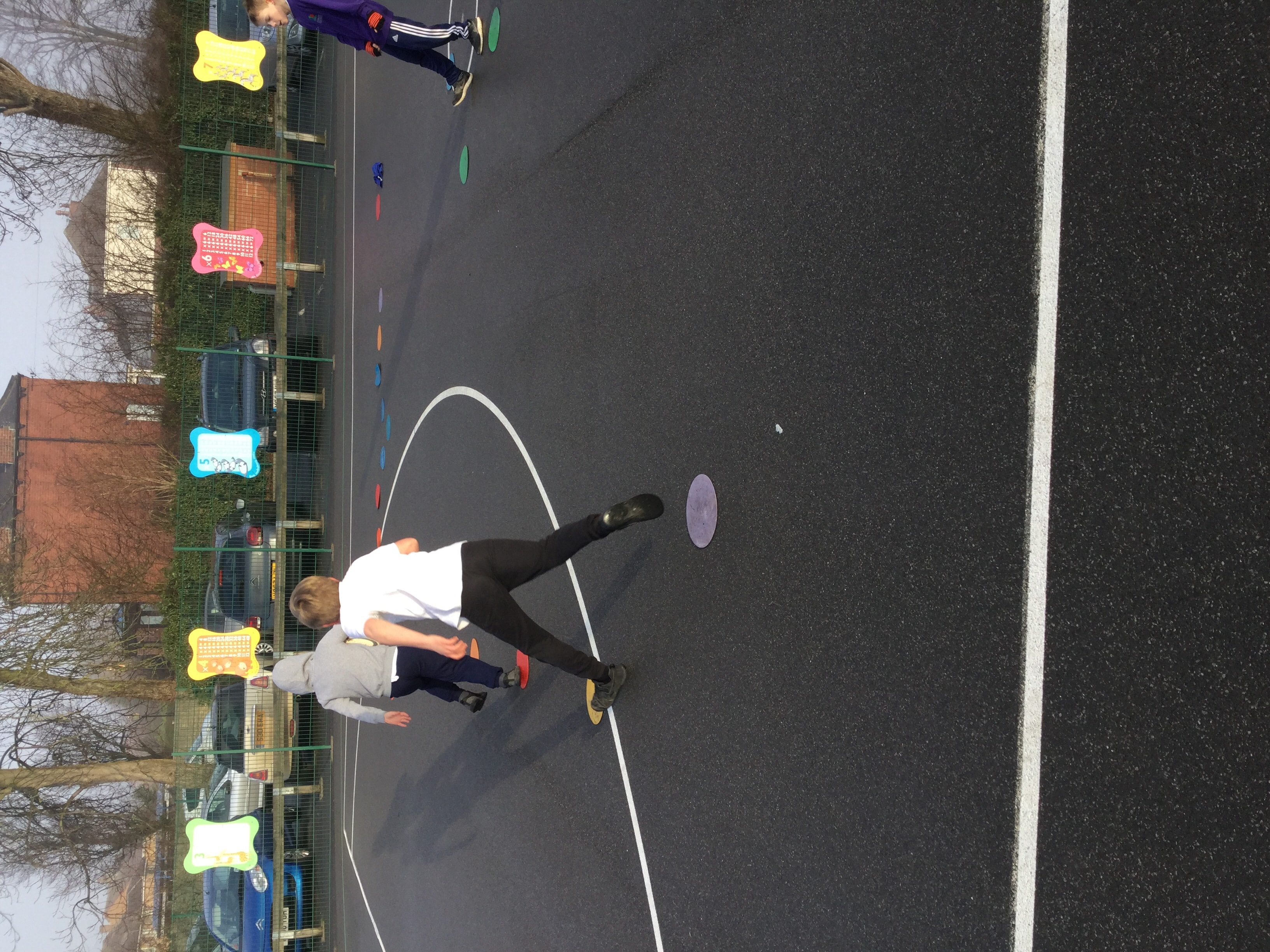
Living & Learning – Drug Safety
Today, we kick started our staying safe themed week by welcoming a visitor from D:Side (Drugs: support, information, drug education). They came to us to educate us about solvents and how they can be misused. Ask your child by asking them what a solvent is.
We started by learning about risk assessing. This is something we do all the time, often without realising. For example, when we decide not to touch a sharp object, we have risk assessed (and hopefully avoided injury).
Then, we thought about some everyday objects and whether there was a risk associated with them. We learnt that even things we may use (like nail varnish, paint, glue and aerosol deodorants) can be harmful to us if they’re used the wrong way. Ask your child what a safer alternative to an aerosol deodorant is.
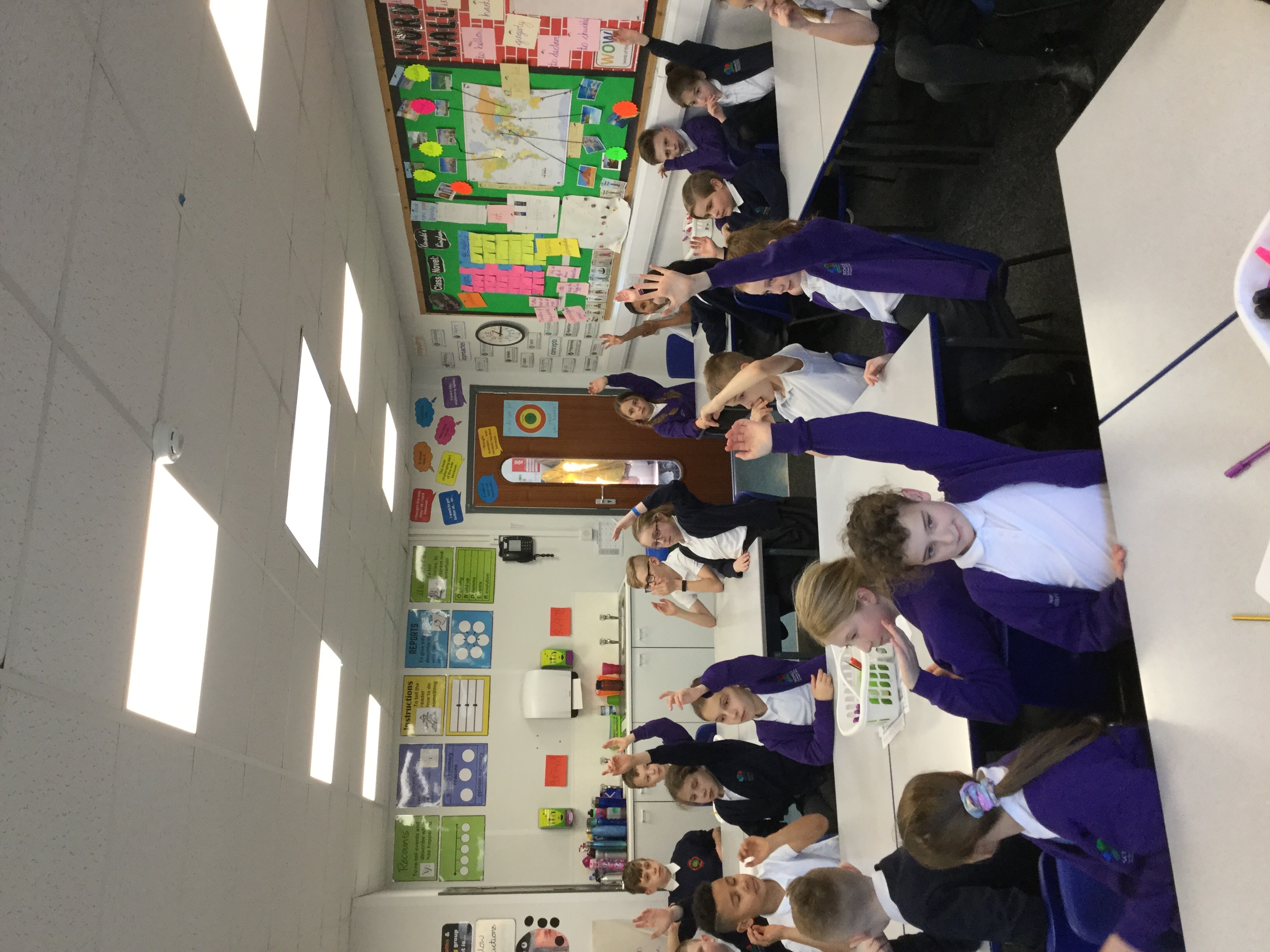
Importantly, we then learnt what these symbols (which we find on many products) mean…
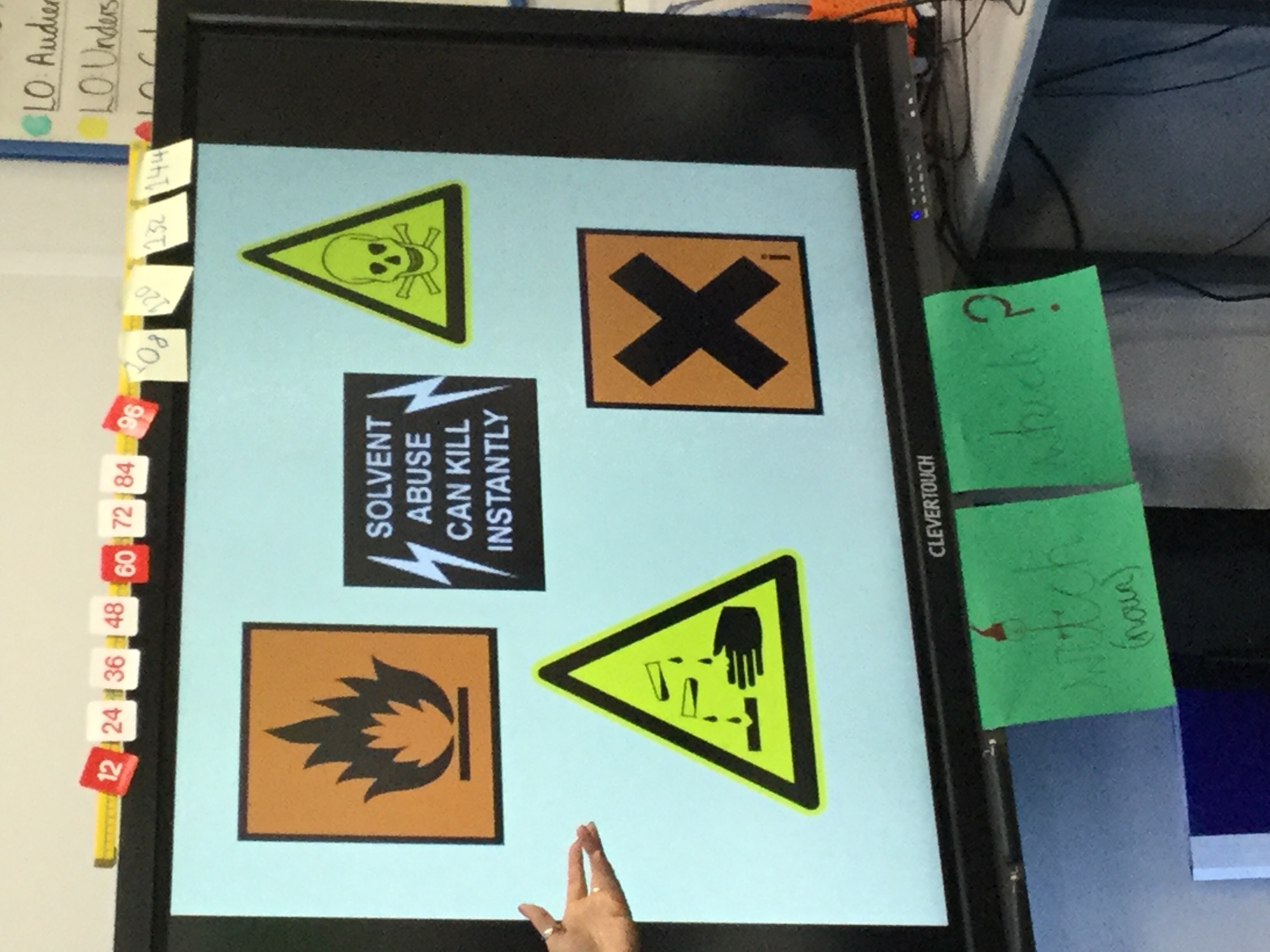
We looked at some real life examples, too.
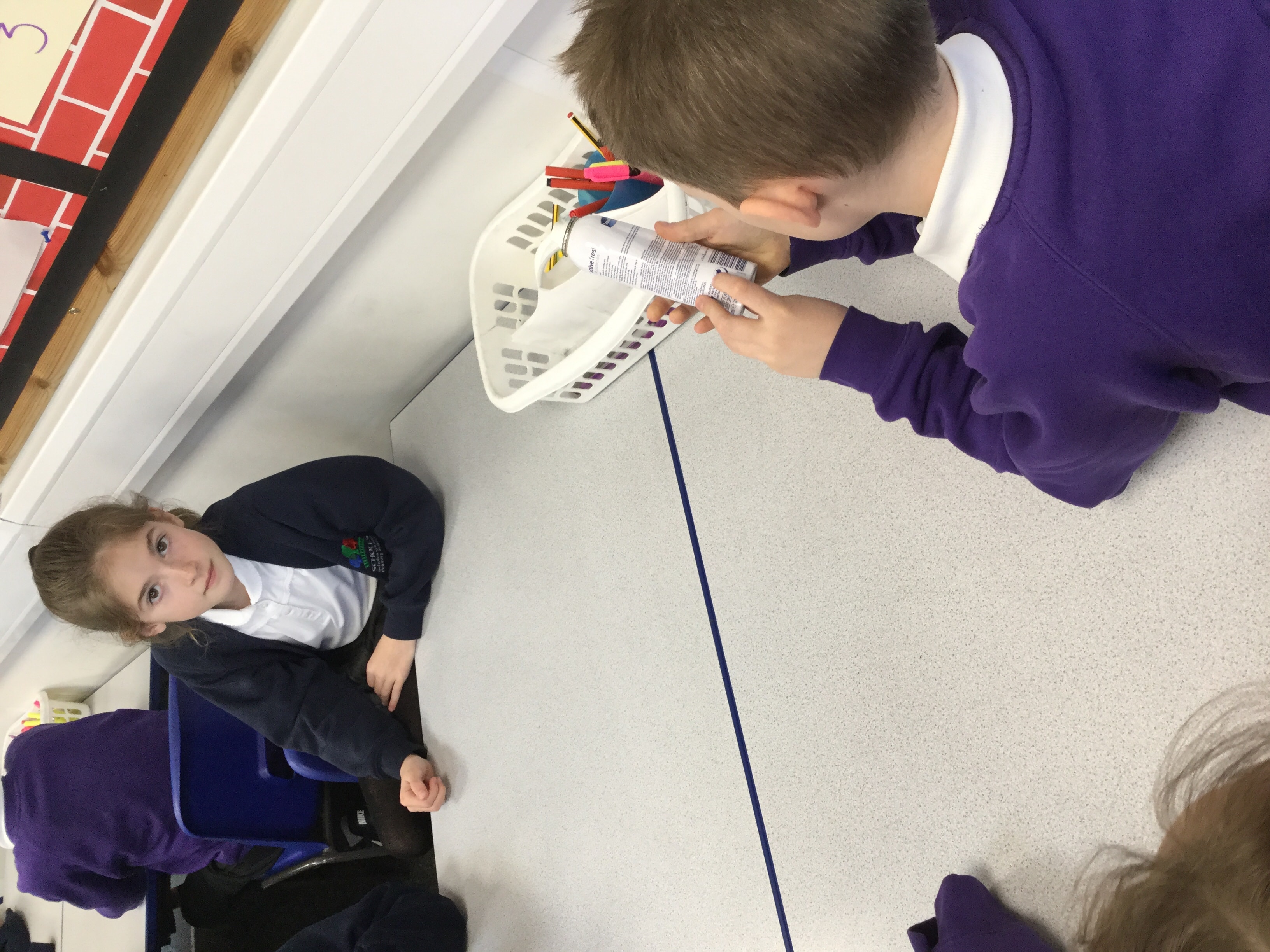
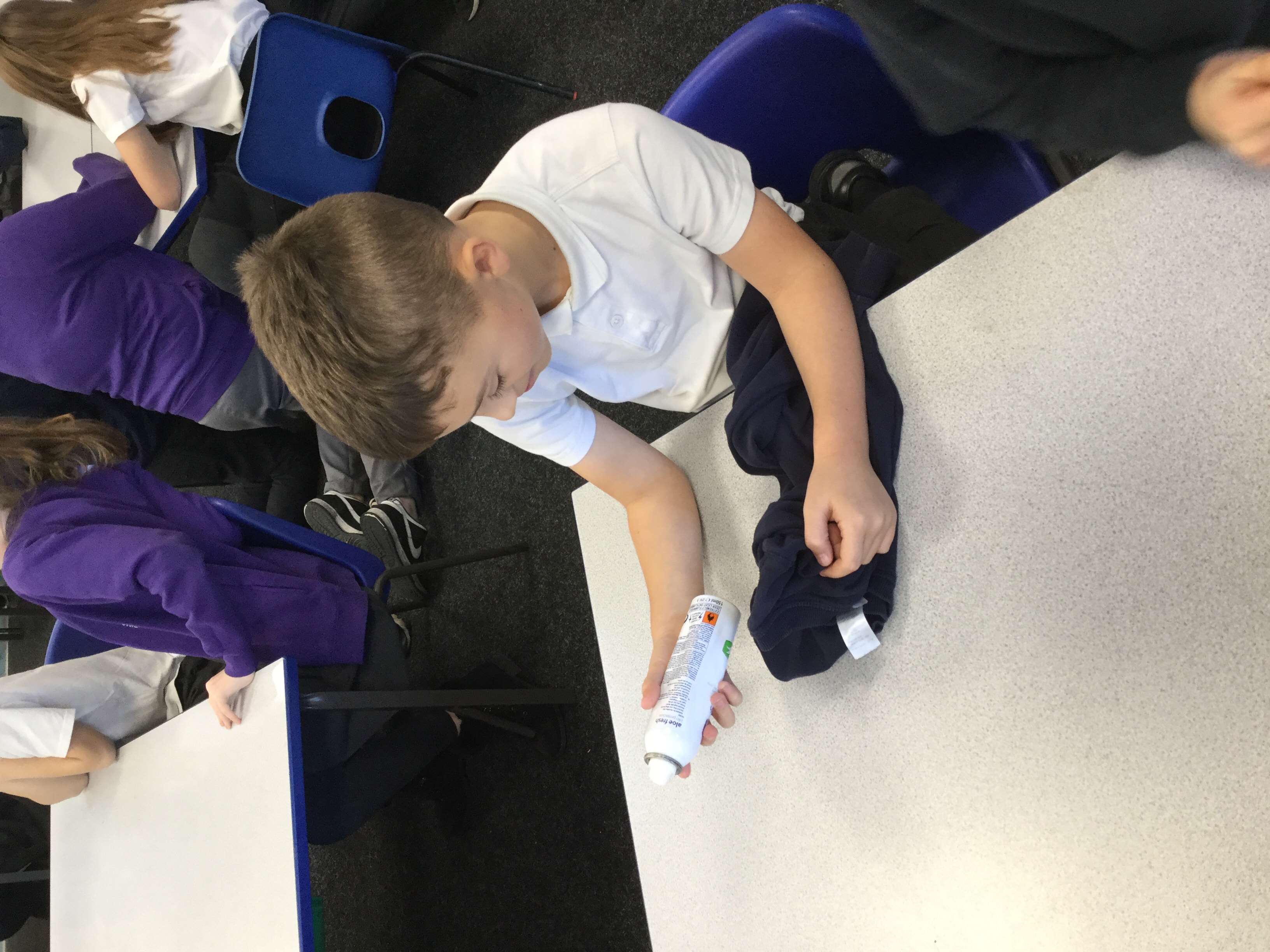
Challenge your child by asking them what each symbol means.
Living & Learning homework review
This week, we reviewed our talk time homework (I know what a drug is) by discussing the topic as a class.
We began by sharing what we’d discussed at home with our partners. It was great to see that so many of us had clearly had a really useful, informative and important discussion with an adult at home. Those of us that had made notes in our homework books were able to contribute best. Then, we summarised our discussions as a table group.
After some reflection, we discussed some really important points as a class:
- Drugs can be illegal or legal.
- Some drugs make us better – medicines.
- Some ‘bad’ or illegal drugs can also be prescribed by a doctor (for example, cannabis).
- Even ‘good’ drugs (medicines) can be harmful to us if we take too many or take them when we don’t have a medical need.
- If we were to come across drugs or drug paraphernalia we should not touch it. We should leave them and alert an adult.
- If we feel pressured to do something, we should be confident that we can say no. We should also speak to someone we trust if we’re unsure.
Leeds Play House workshop
As part of our class novel topic, children in year 5/6 took part in a drama workshop. Children used freeze frames and acted out their own version of a scene from Kensuke’s Kingdom.
“It inspired me to be creative and brave. I was able to do actions that I didn’t really know I could do in front of loads of people.”
Kensuke’s Kingdom Kahoot
Today, in our reading lesson, we read chapter 2 of our class novel: Kensuke’s Kingdom. Help at home by asking your child to summarise what happened. We started off by reading the book as we listened along to the audio book at the same time. We really enjoyed being able to hear a professional read aloud as we followed on.
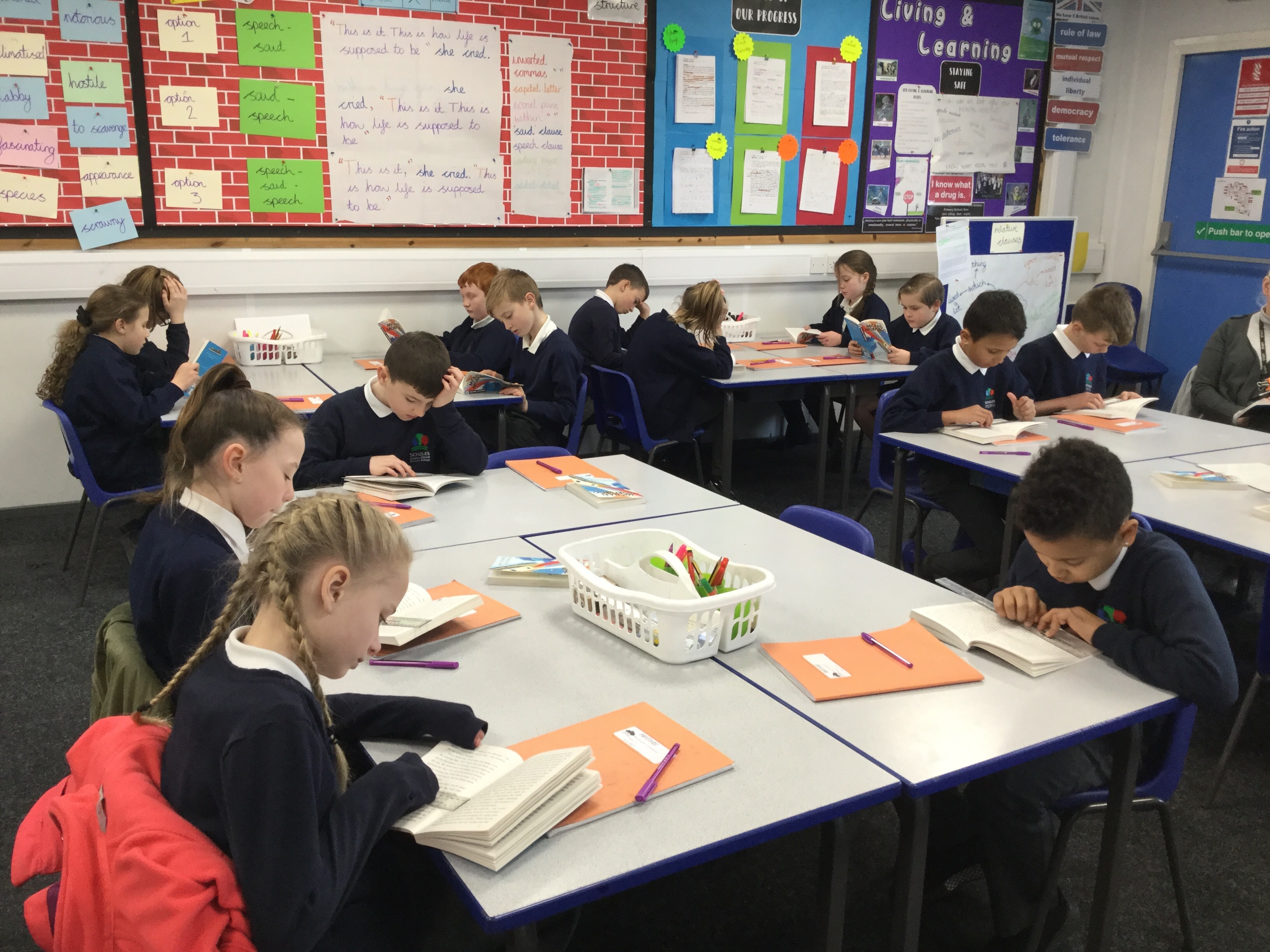
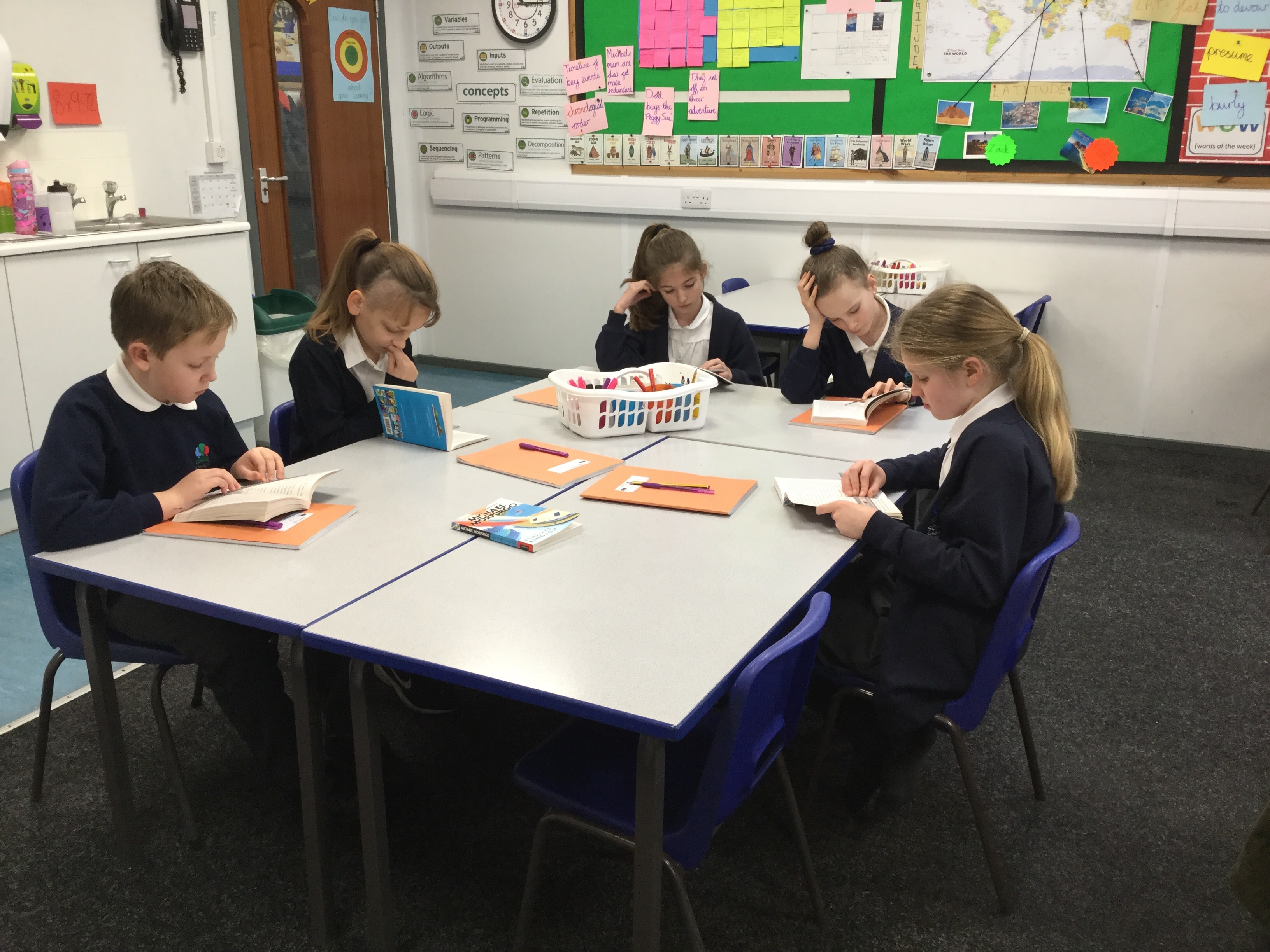
Then, we all gathered in one room for a mass game of Kahoot. We had a great time practising our reading skills (retrieval and inference). Whilst at the same time, playing a really fun, interactive, online quiz.
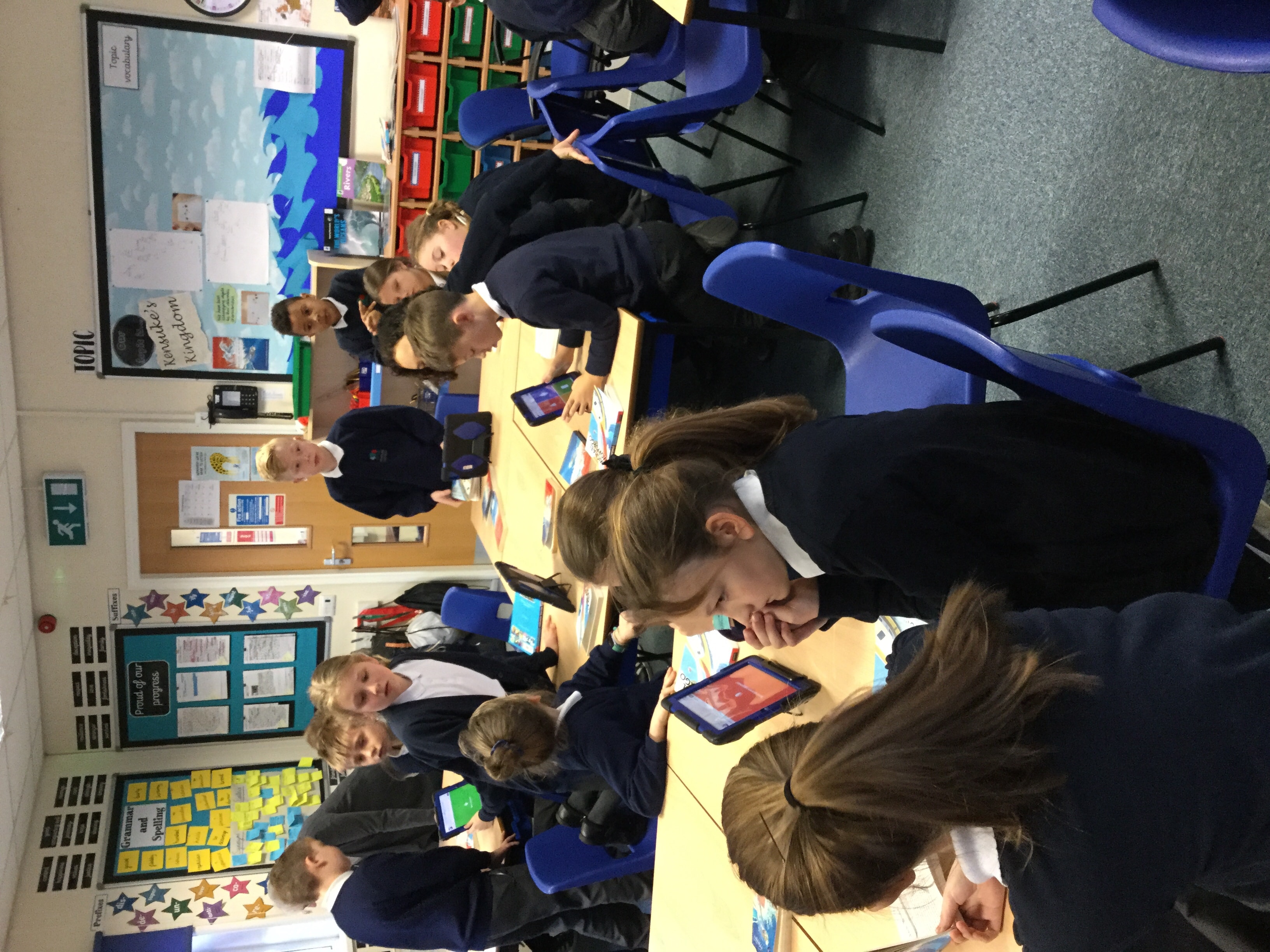
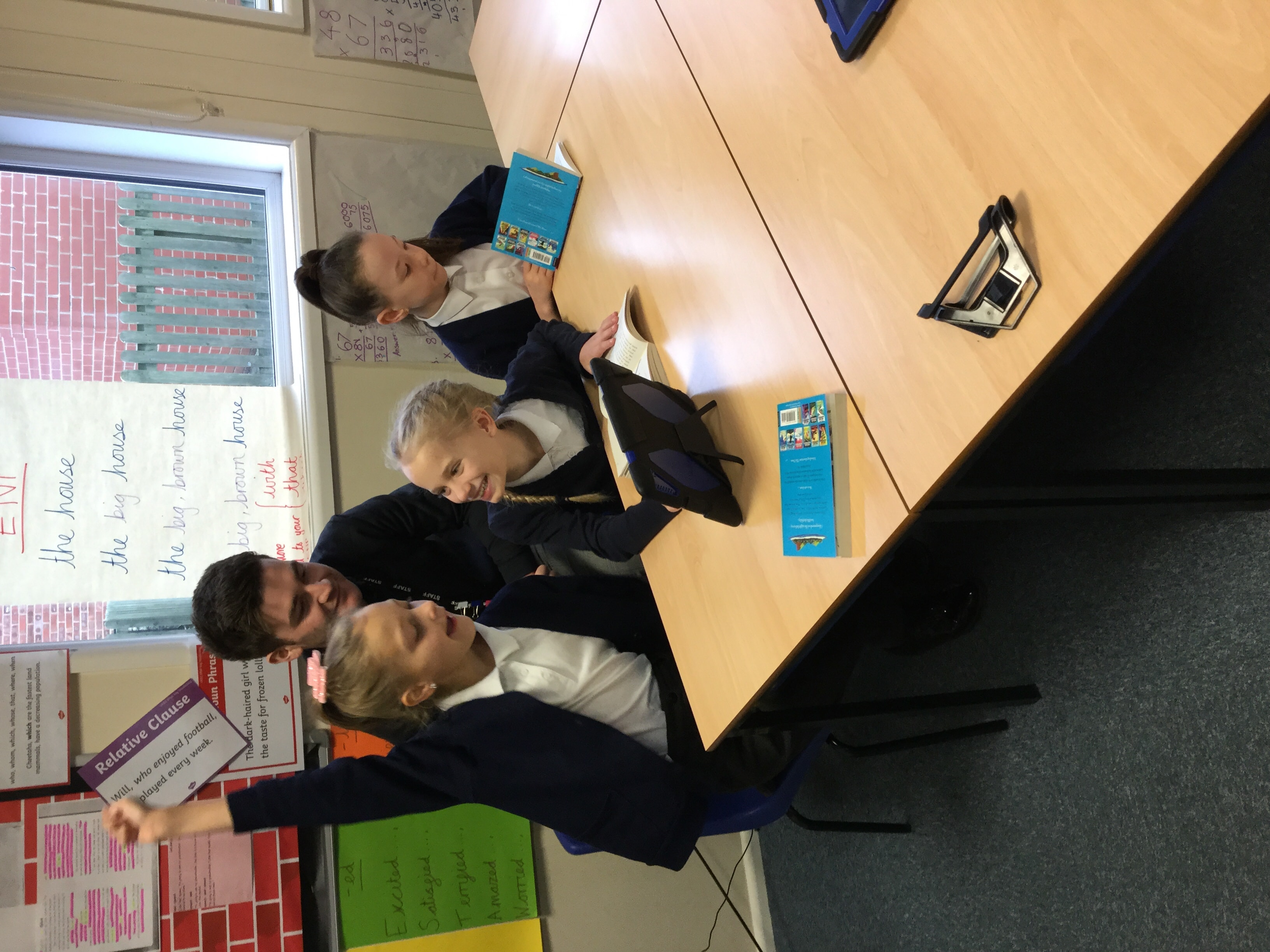
Check out Kahoot to see more fun, educational quizzes!
We are classifying
In science, year 5 and 6 have been learning how to classify objects by their observable characteristics. Today, we classified sweets by their characteristics. Children were able to ask specific questions. At home, you might like to try classifying other objects e.g. Toys, games, food.
Our new big topic: Kensuke’s Kingdom
Yesterday, we kick started our new big topic: class novel (Kensuke’s Kingdom).
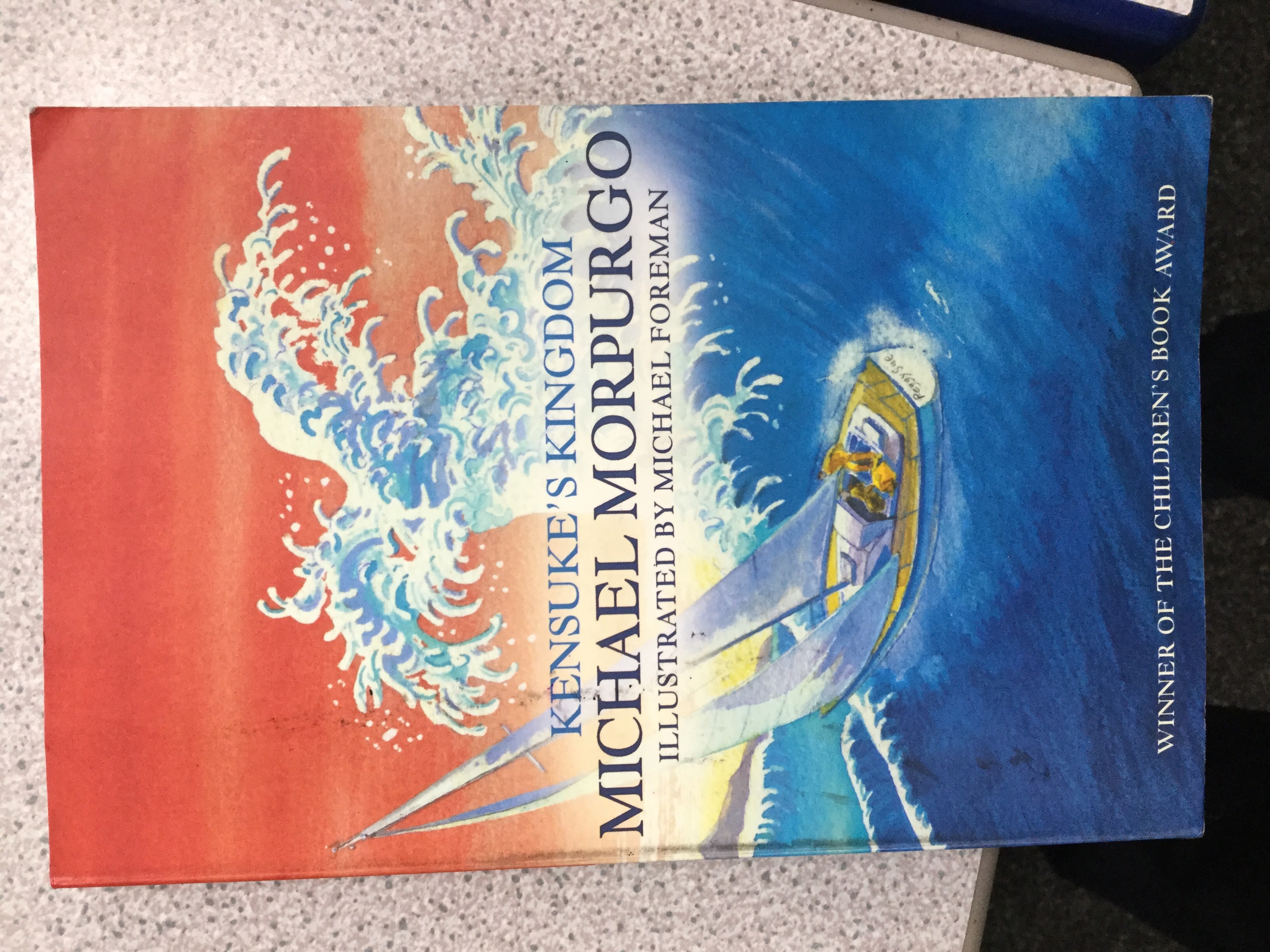
We started off by studying the front cover and the blurb. We made predictions about what might happen:
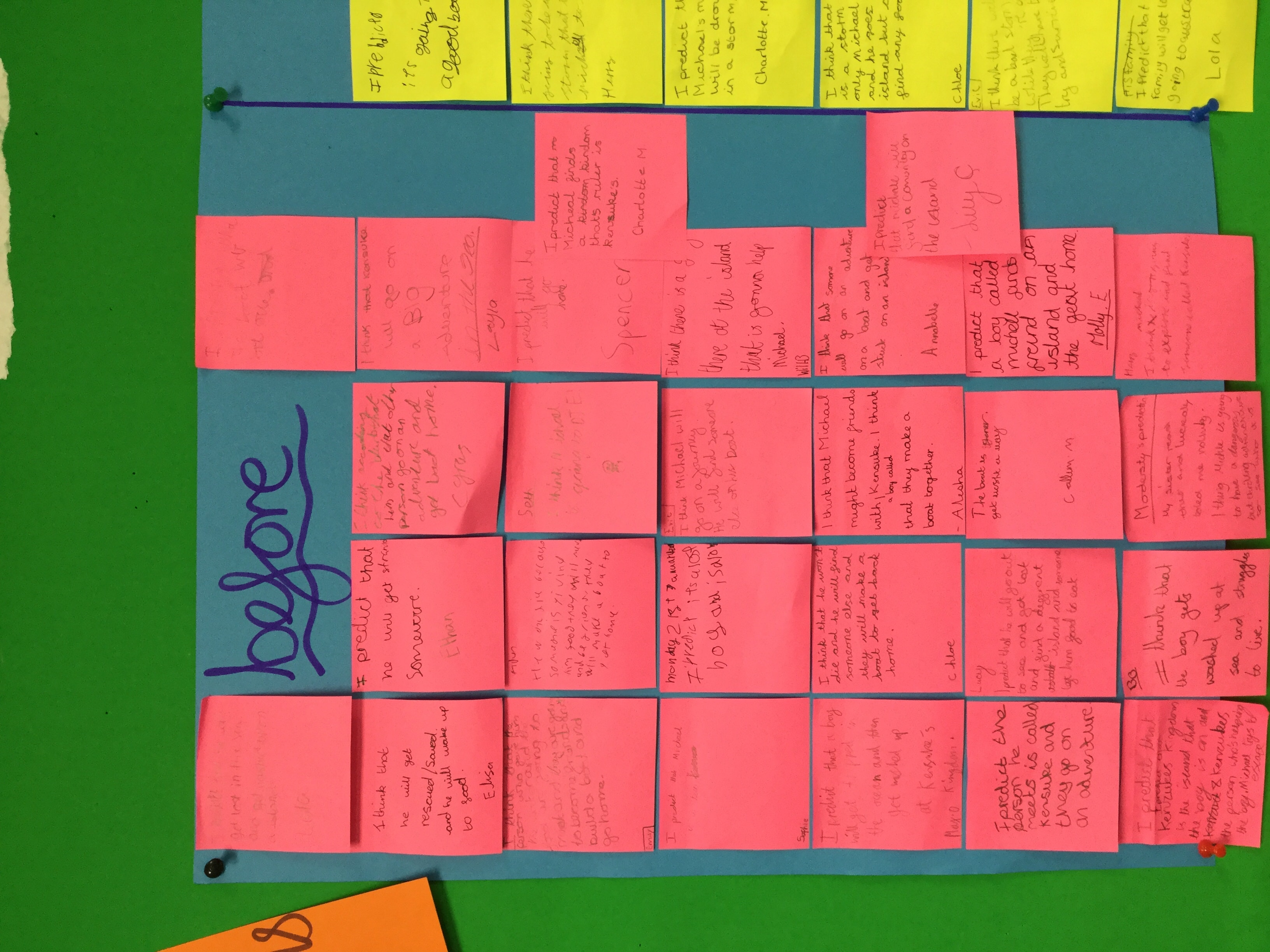
Then, we enjoyed reading the first chapter (we each had our own copy, too). Ask your child if they can summarise what happened in one sentence, 10 words, five words then for a challenge one word! After chapter 1, we used what we’d found out to make more informed predictions:
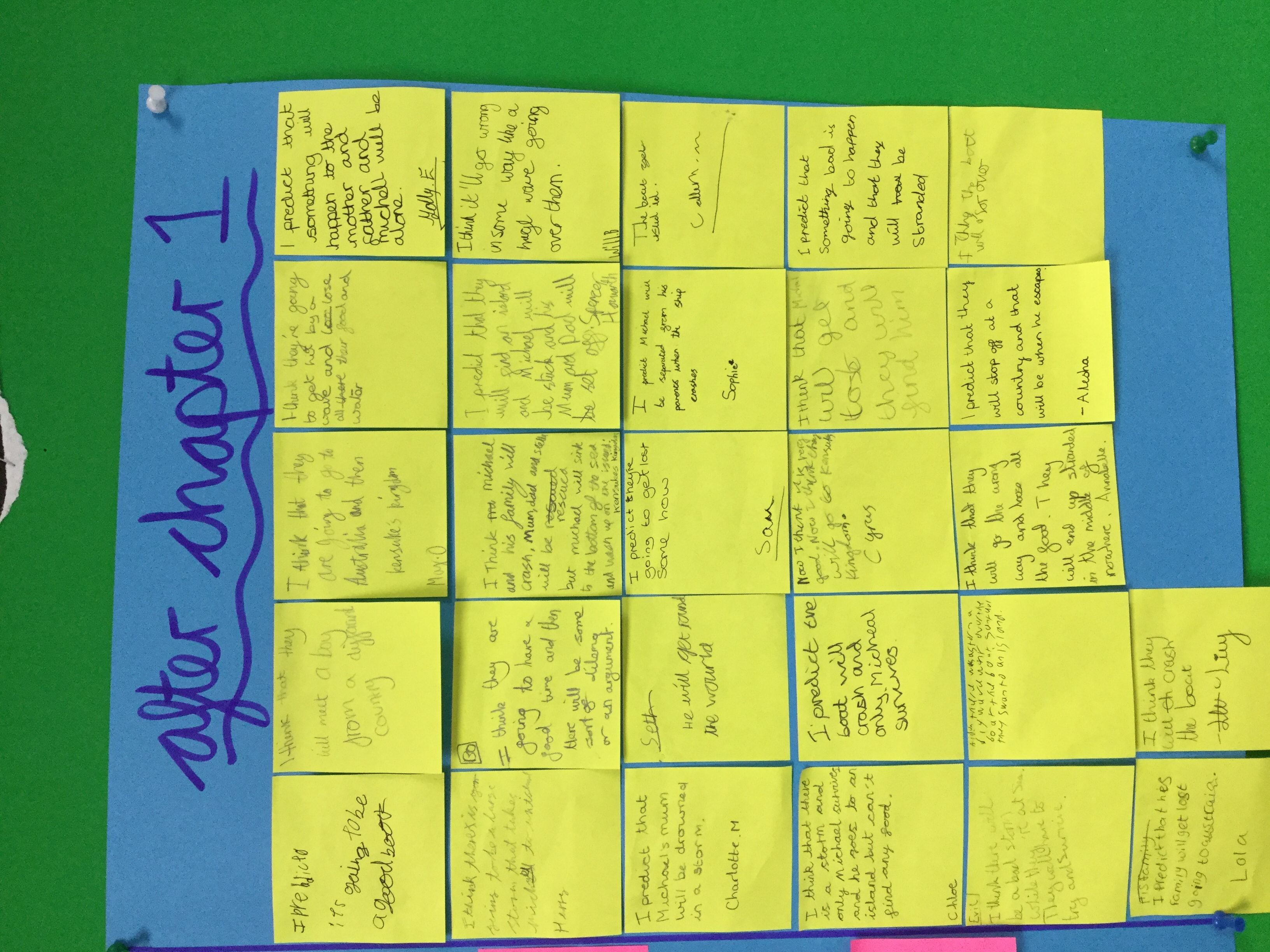
As the story is about a boy whose family go on a round the world yachting trip, in our topic lesson, we revised some of our geography knowledge. This week, we focussed on the countries and capital cities of Europe.
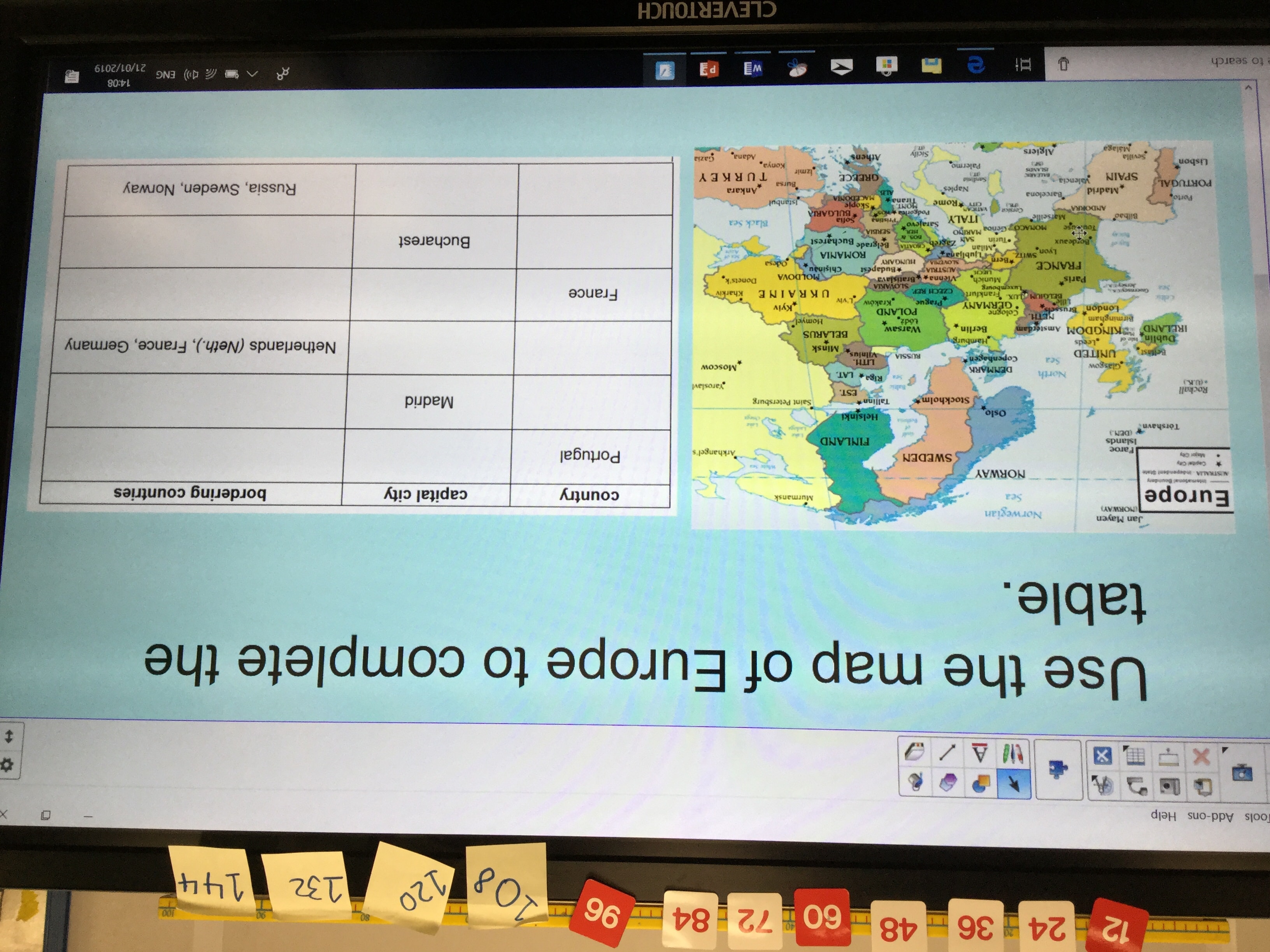
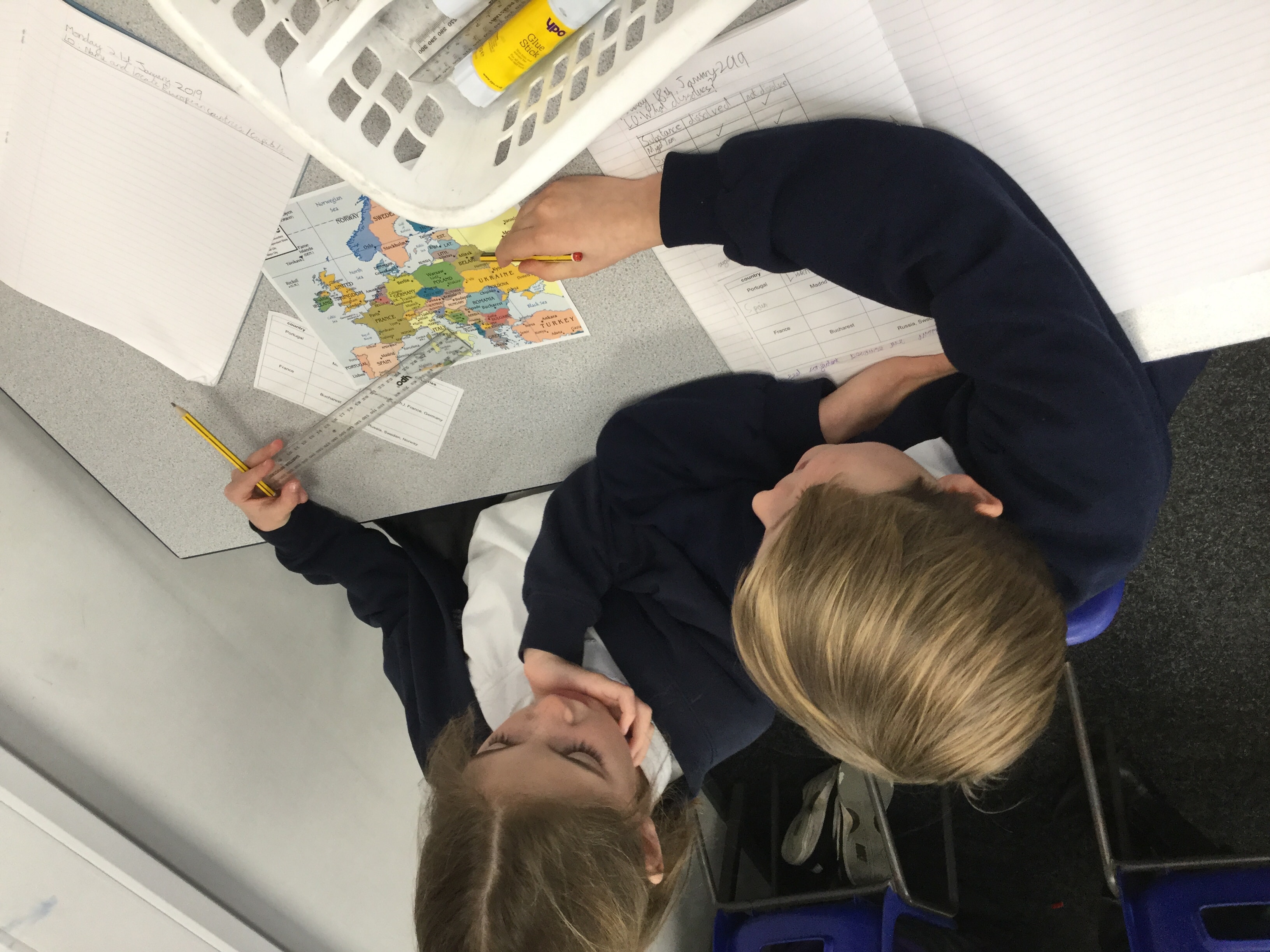
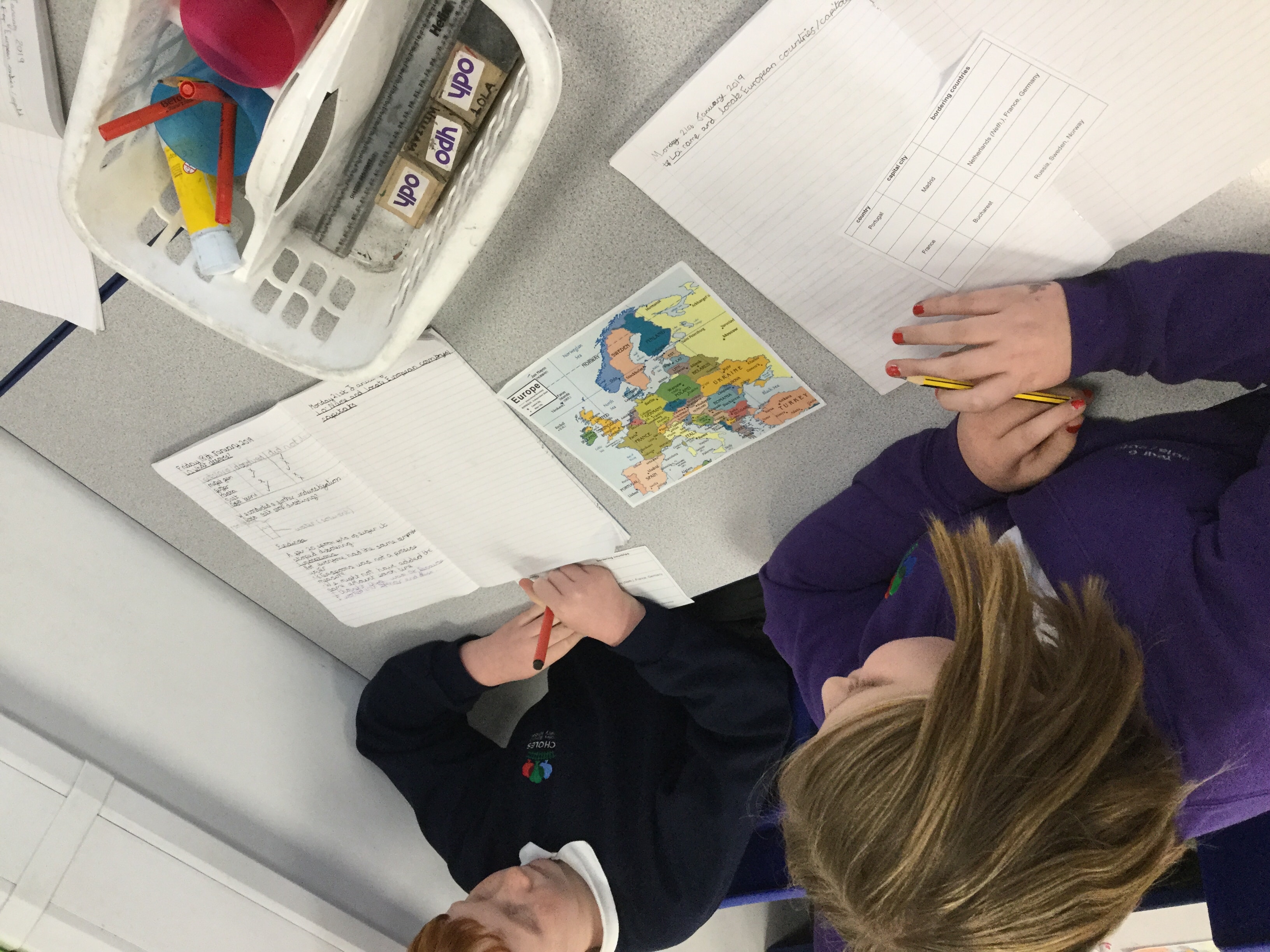
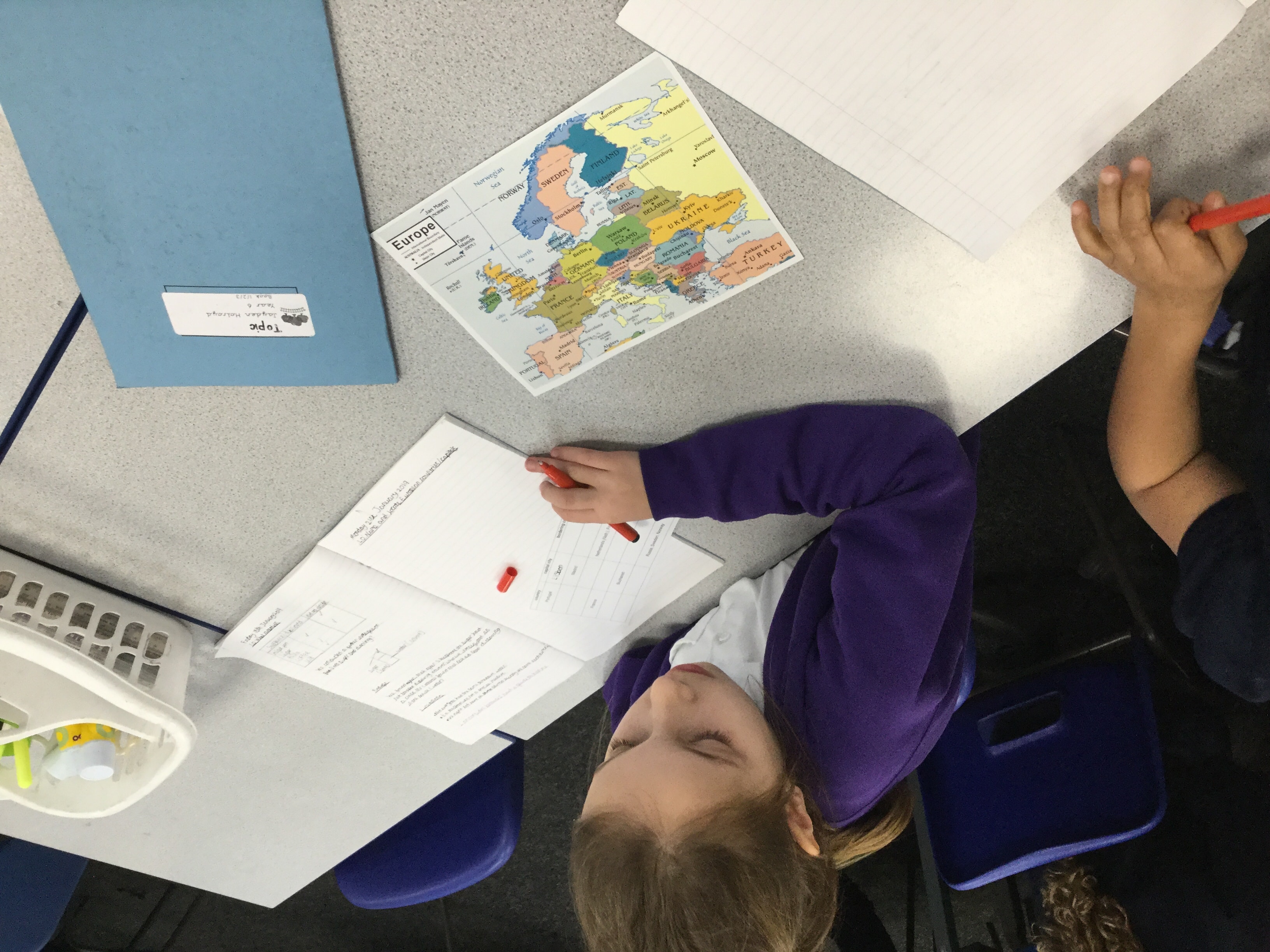
Ask your child to name as many European countries or capital cities as they can. For a challenge, ask them to explain what a bordering country is. Even more difficult, ask them to explain what the term ‘landlocked’ means and give you an example.
